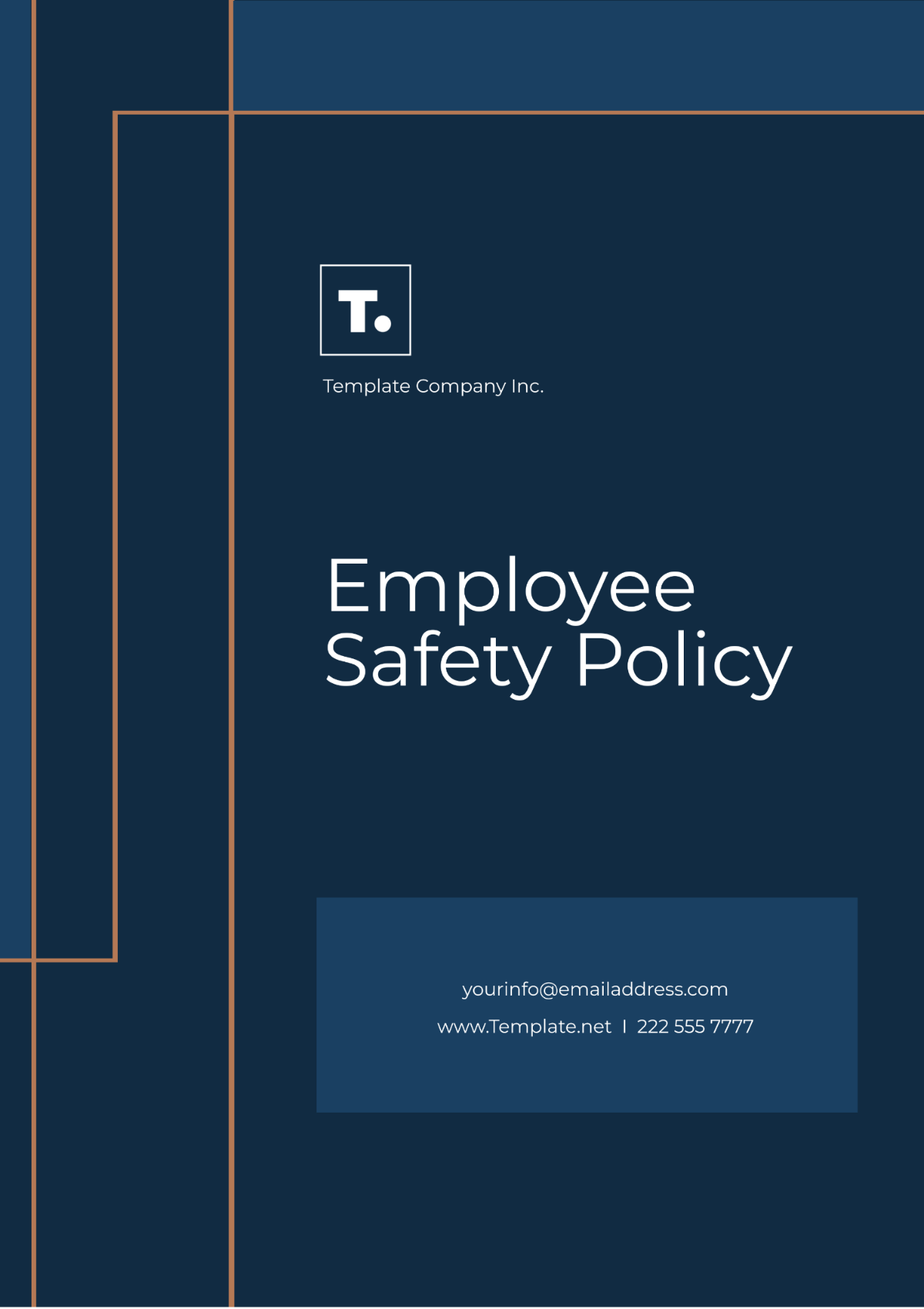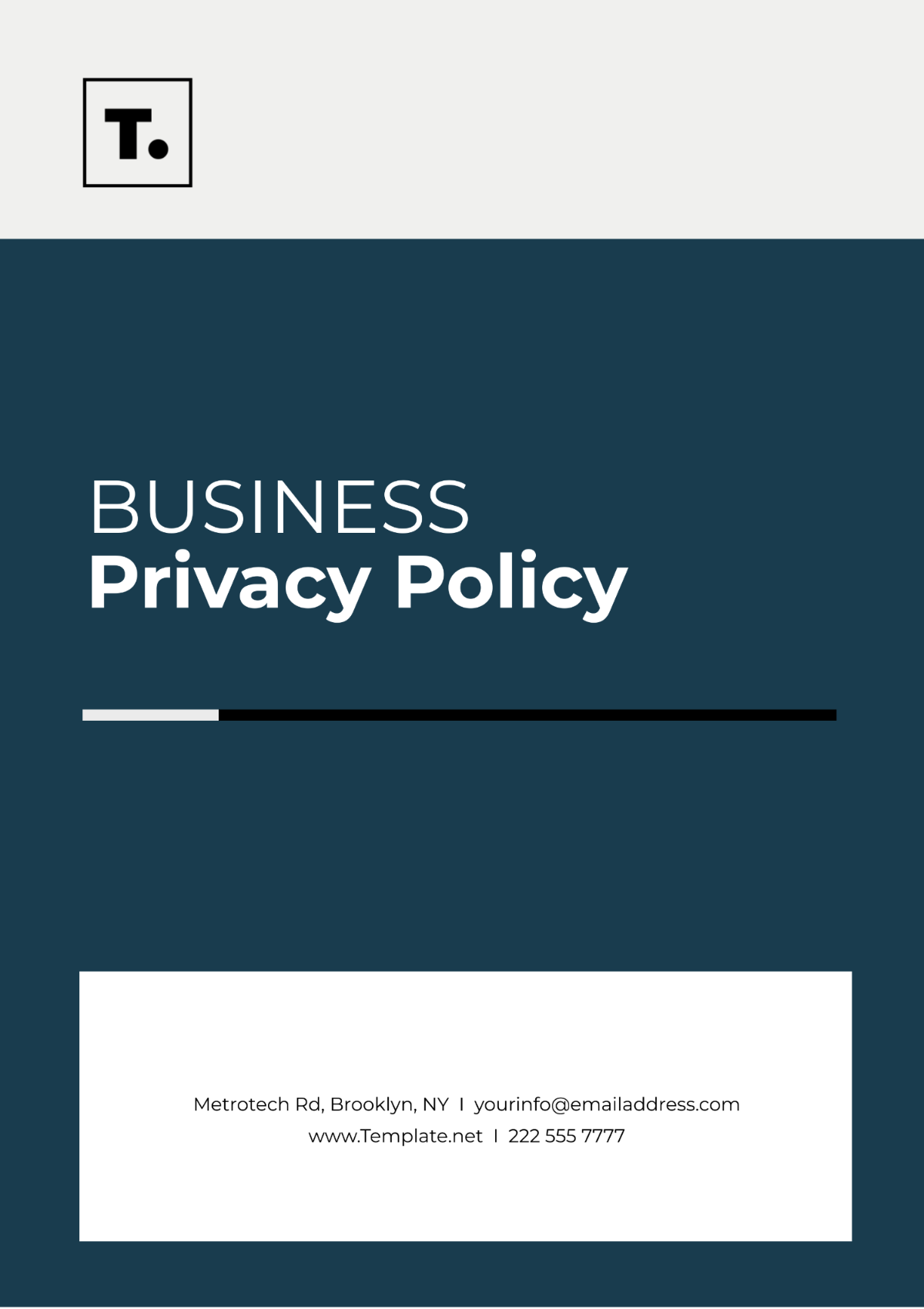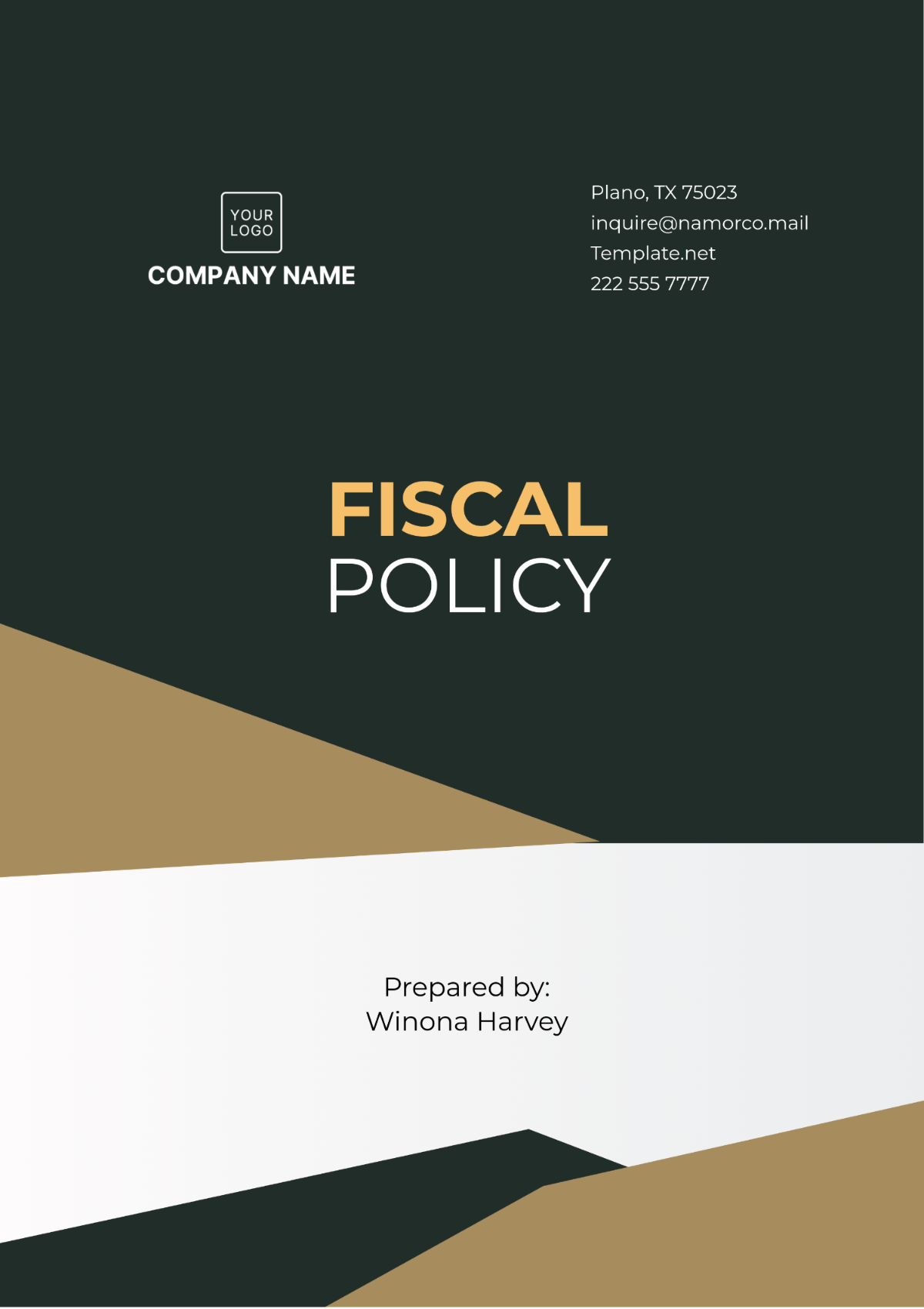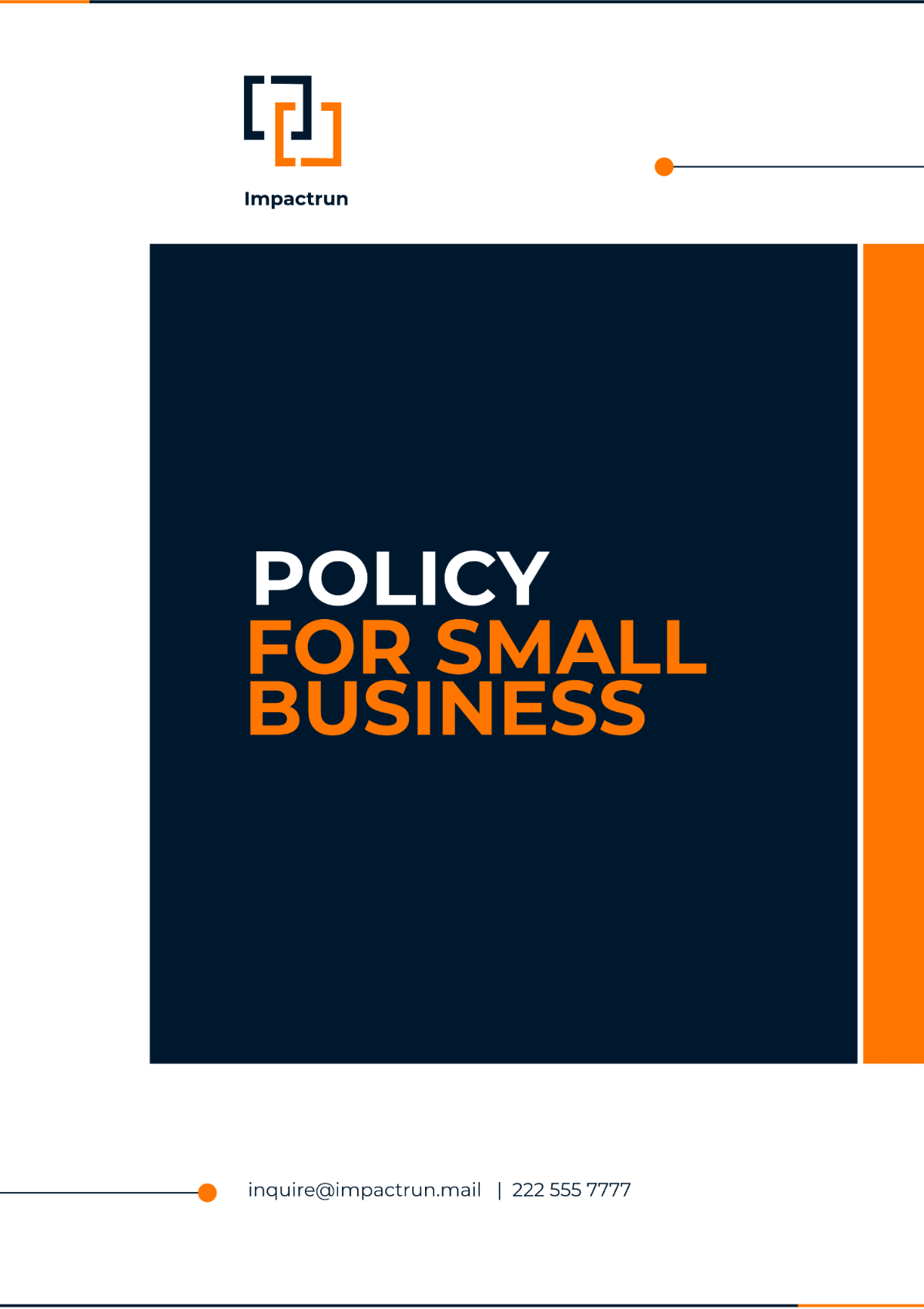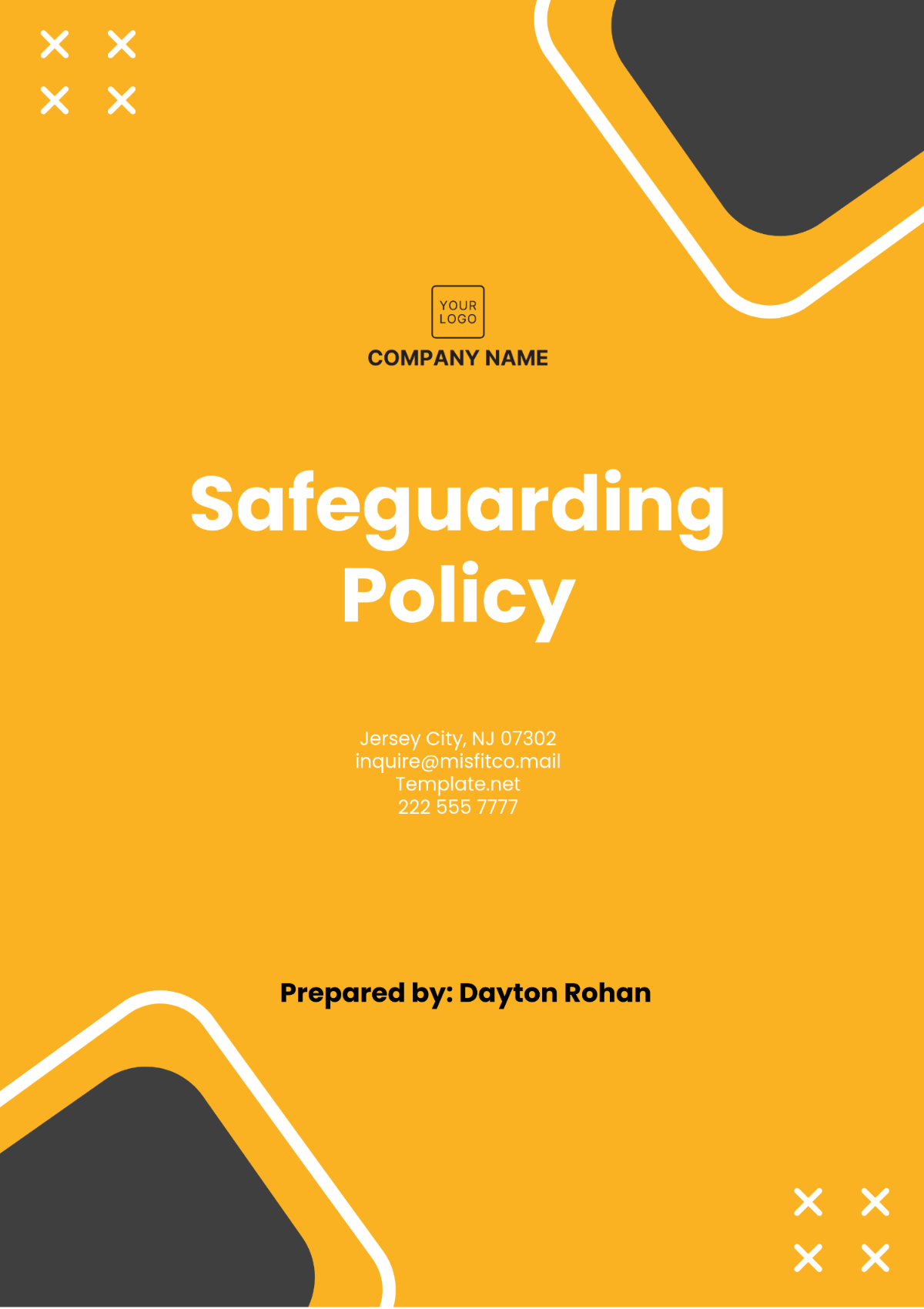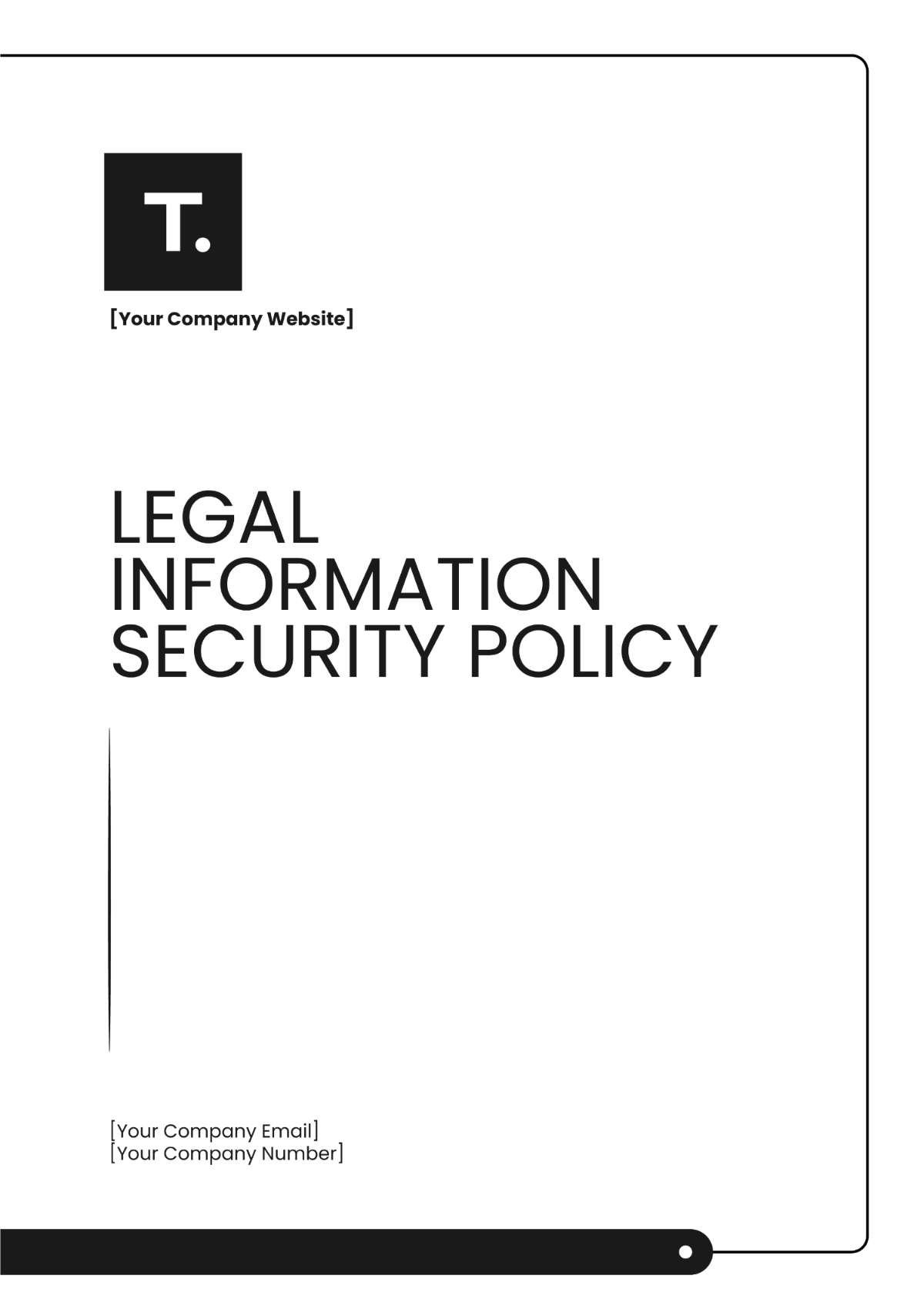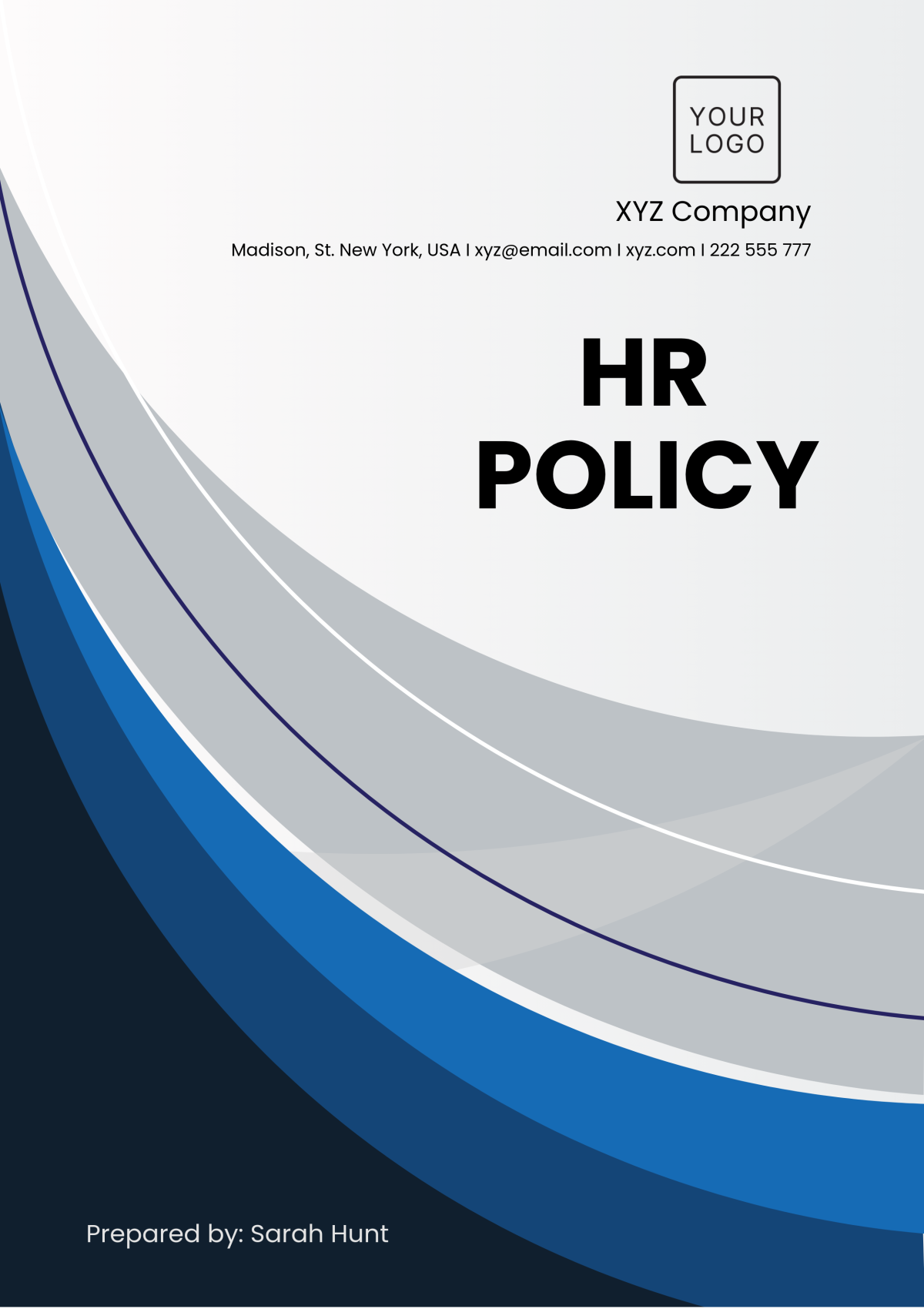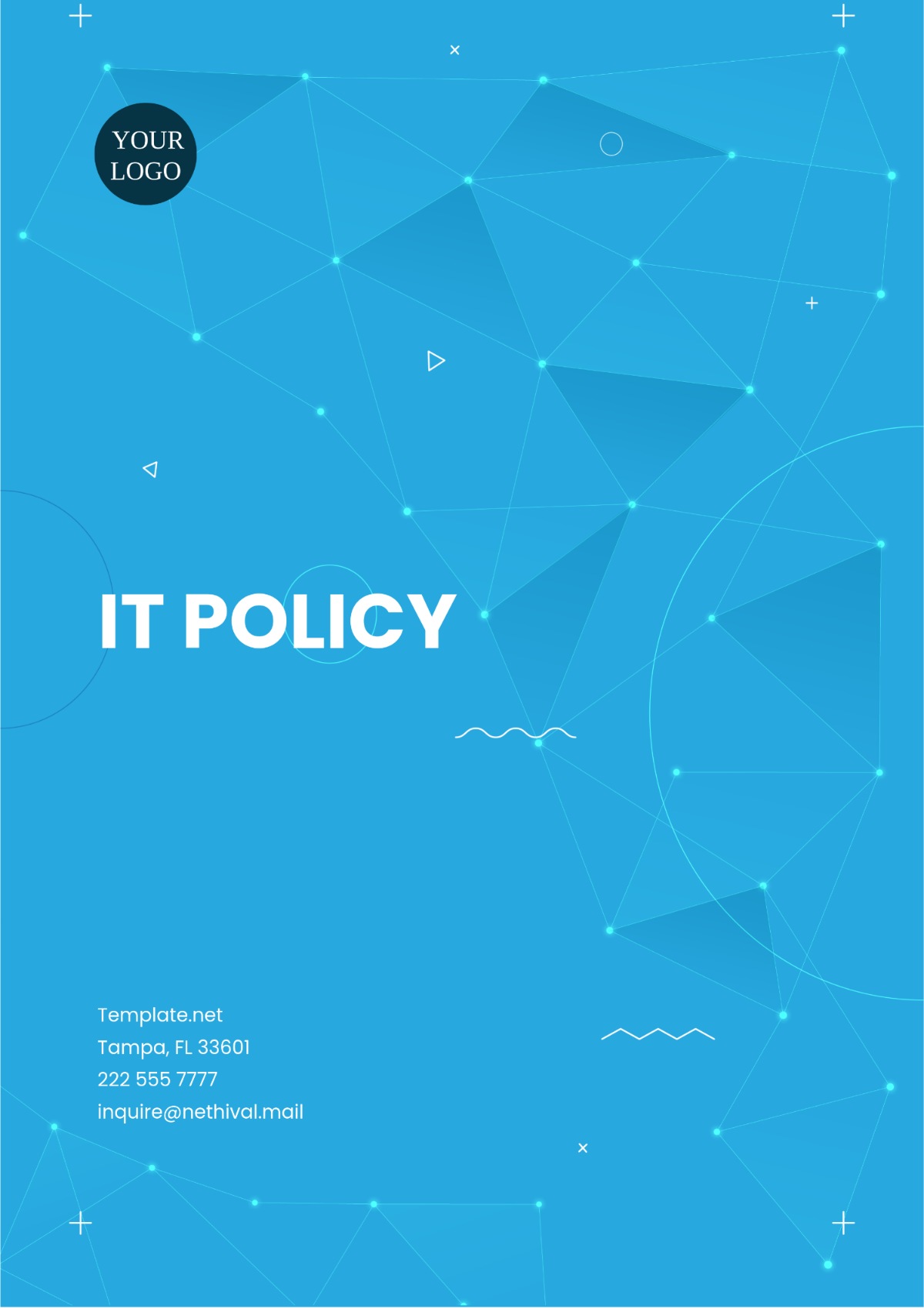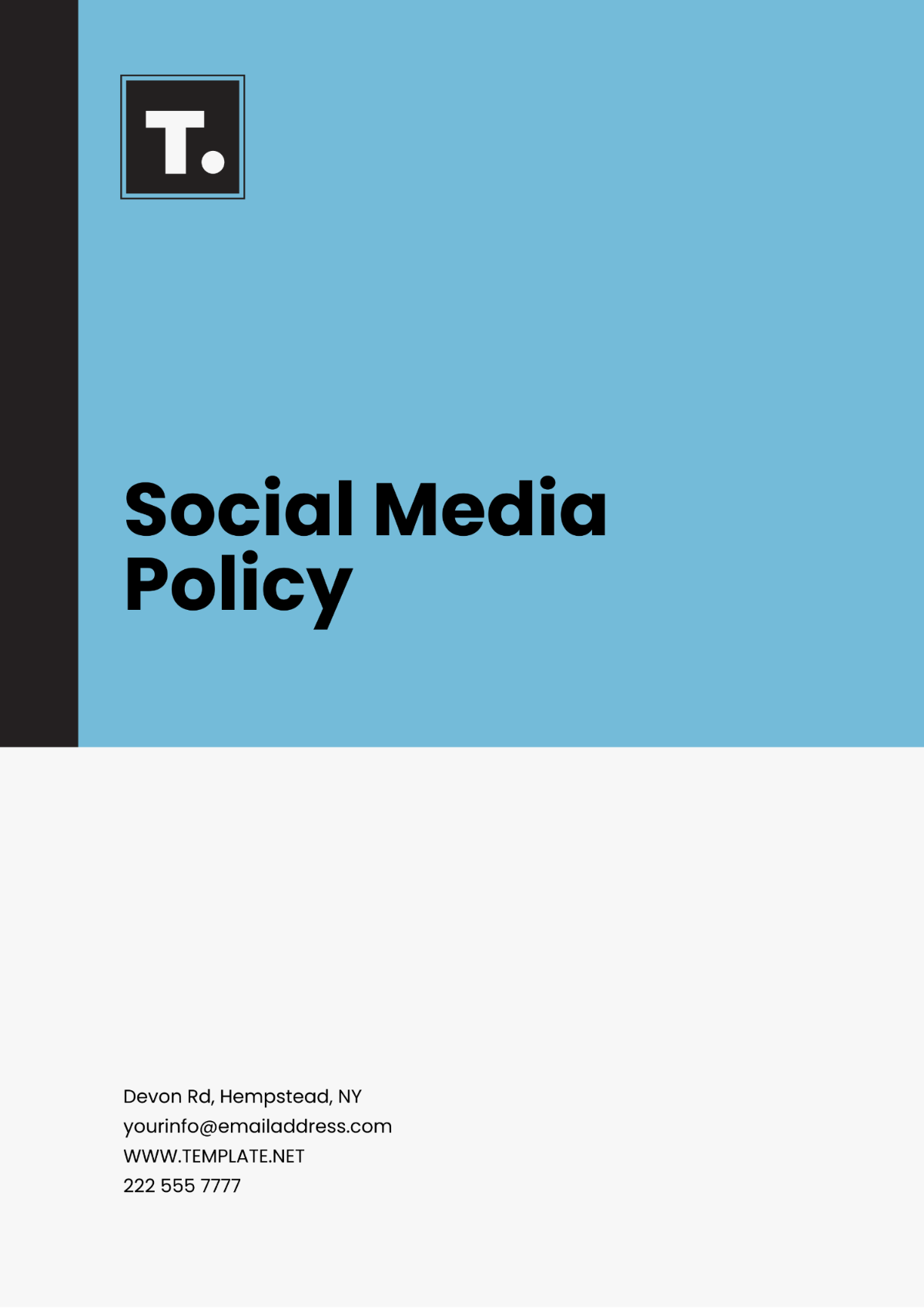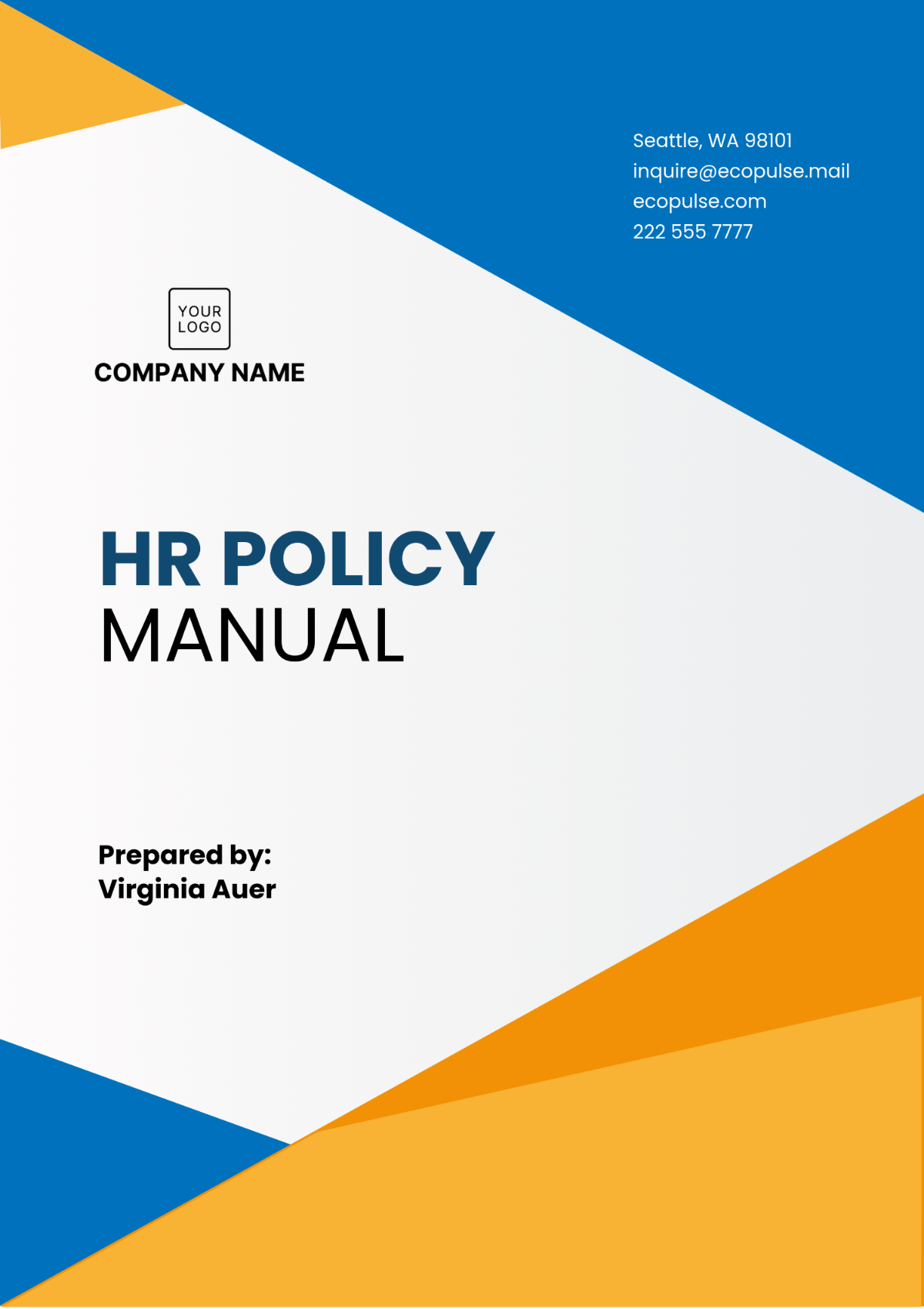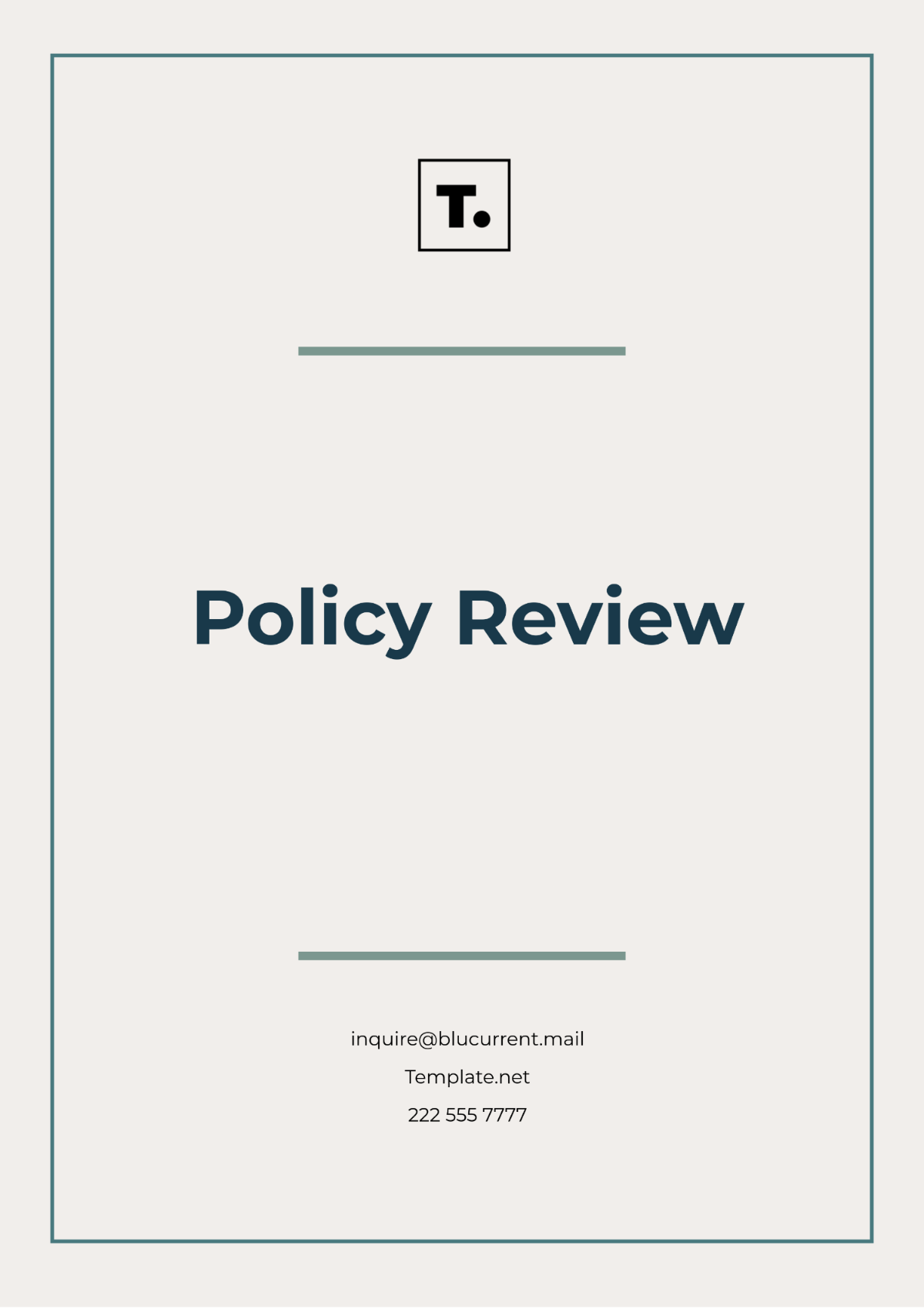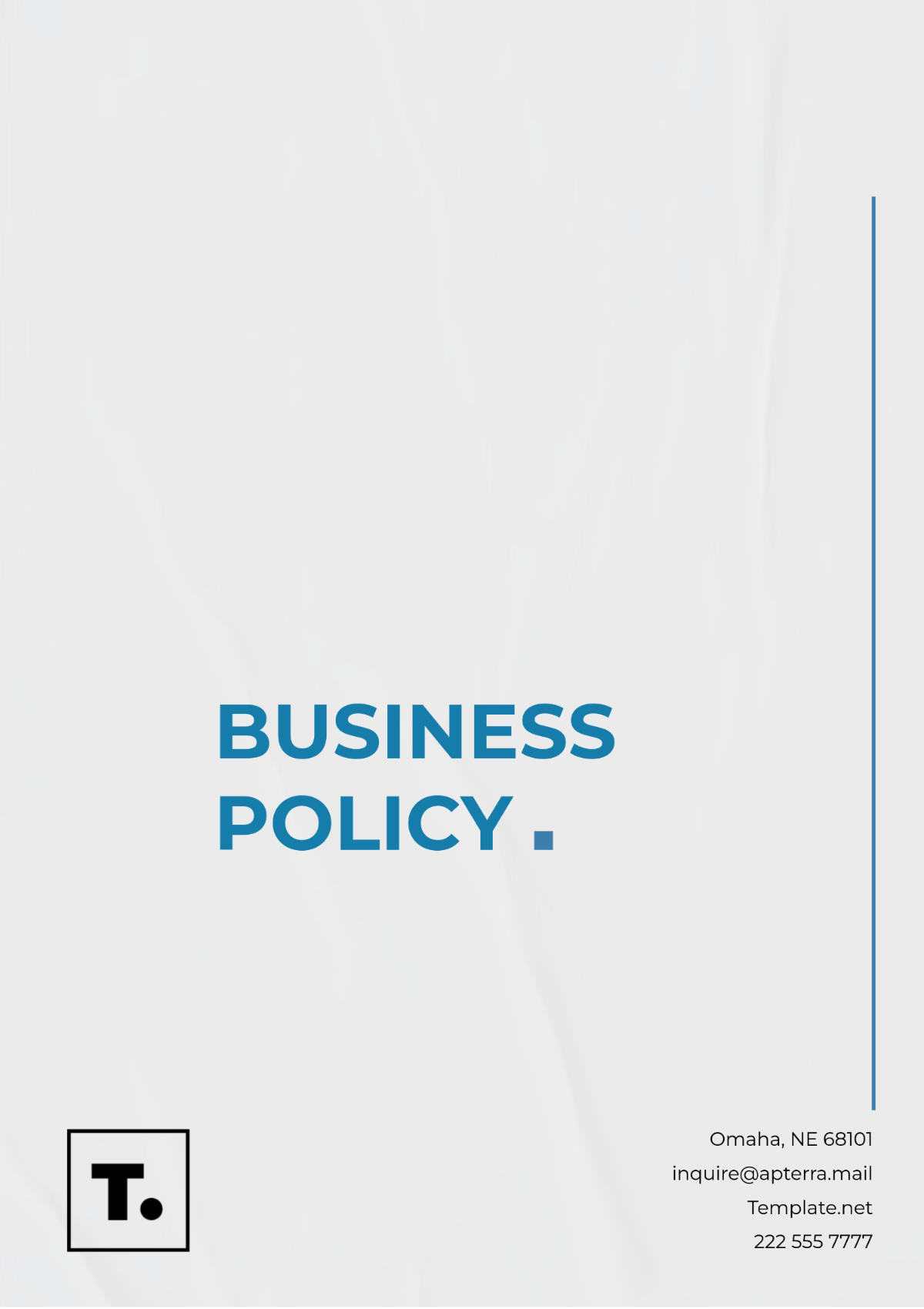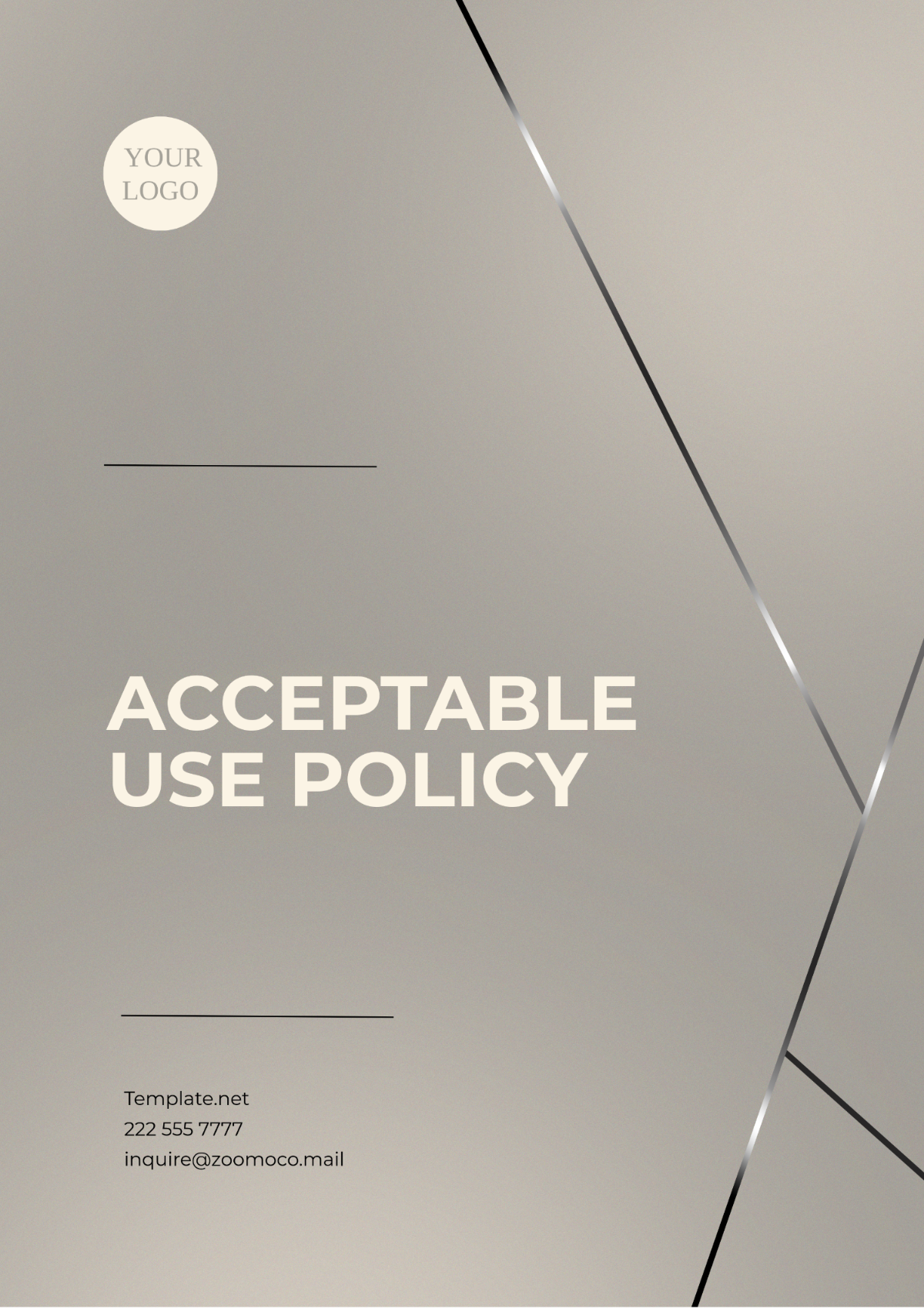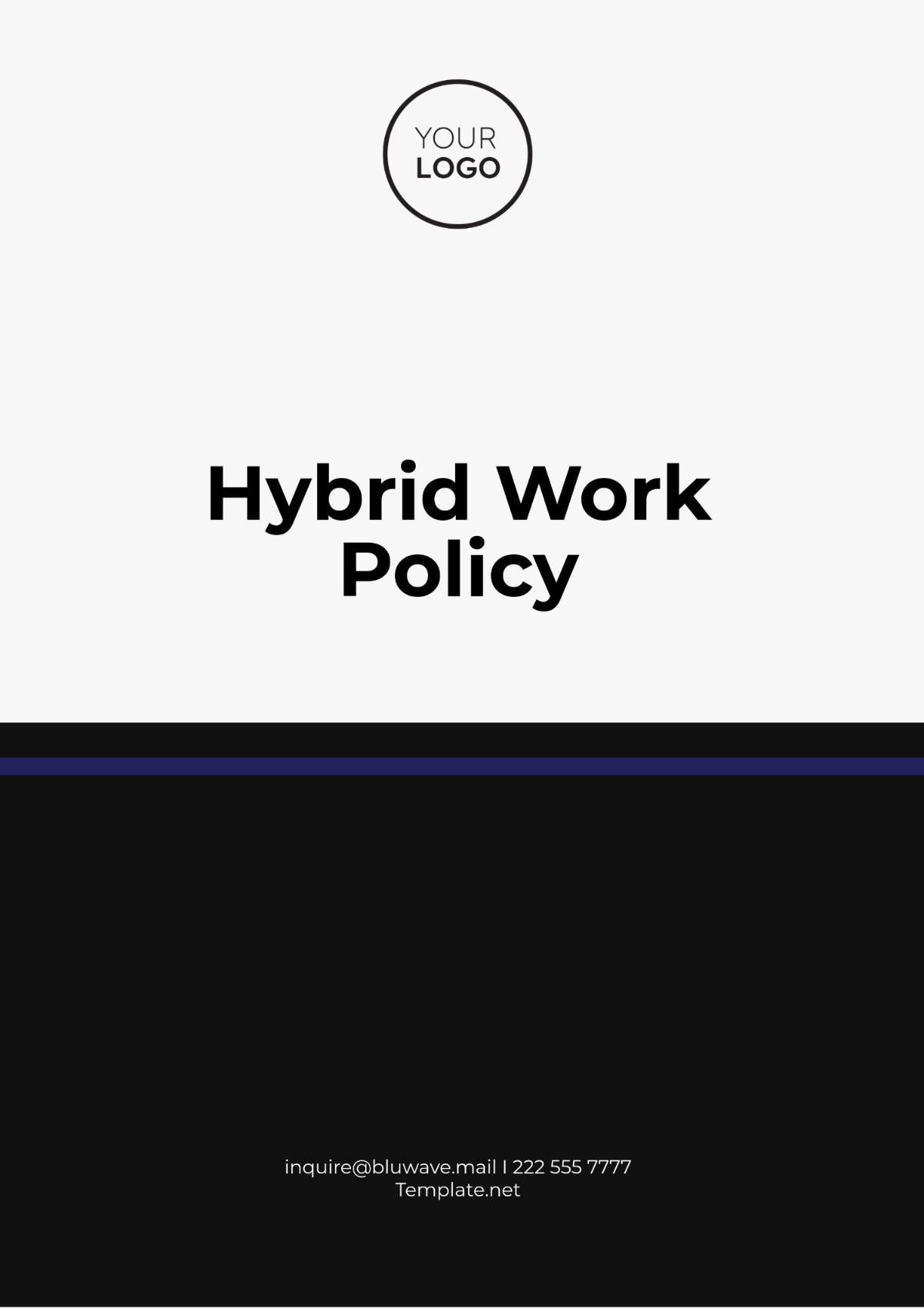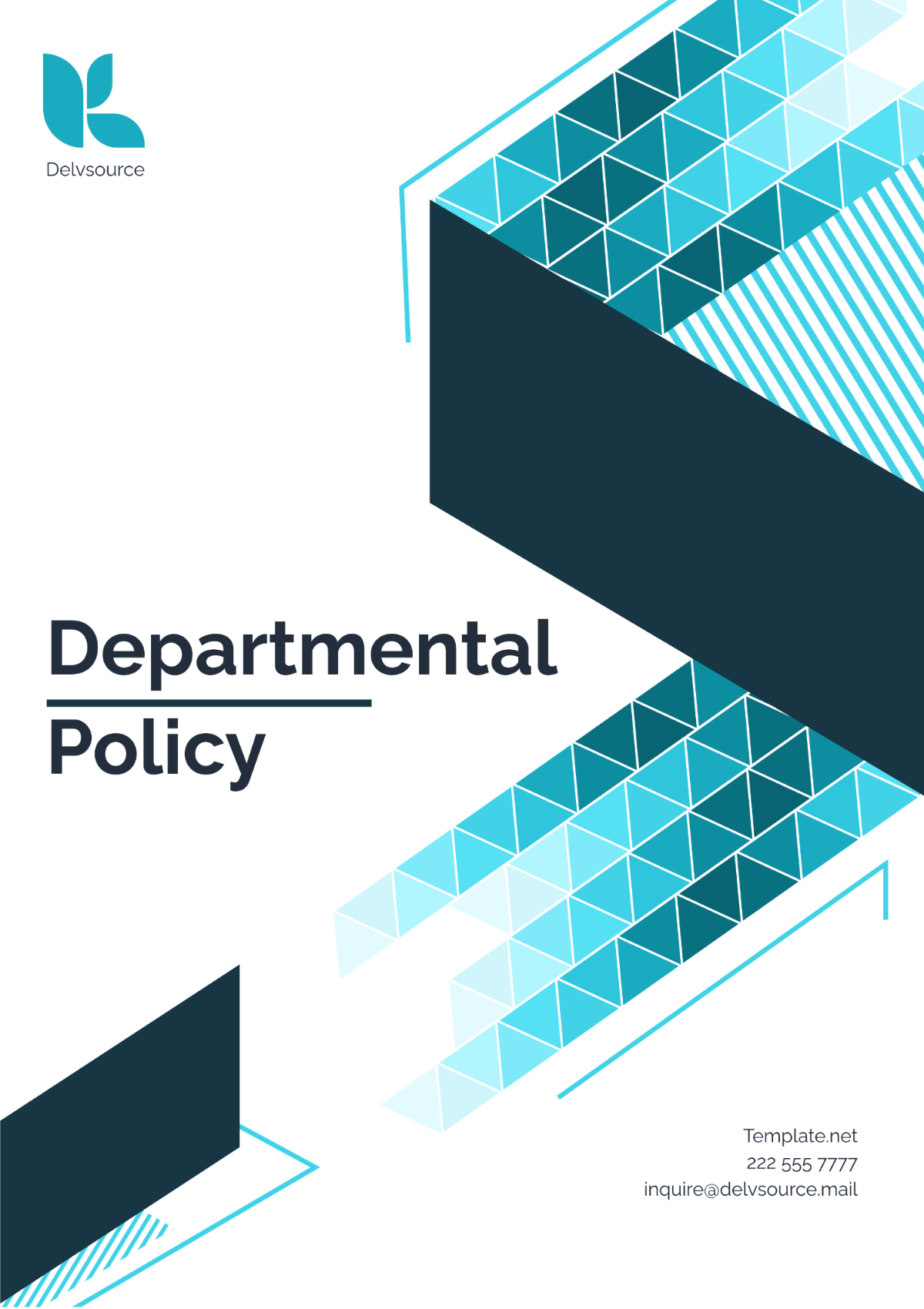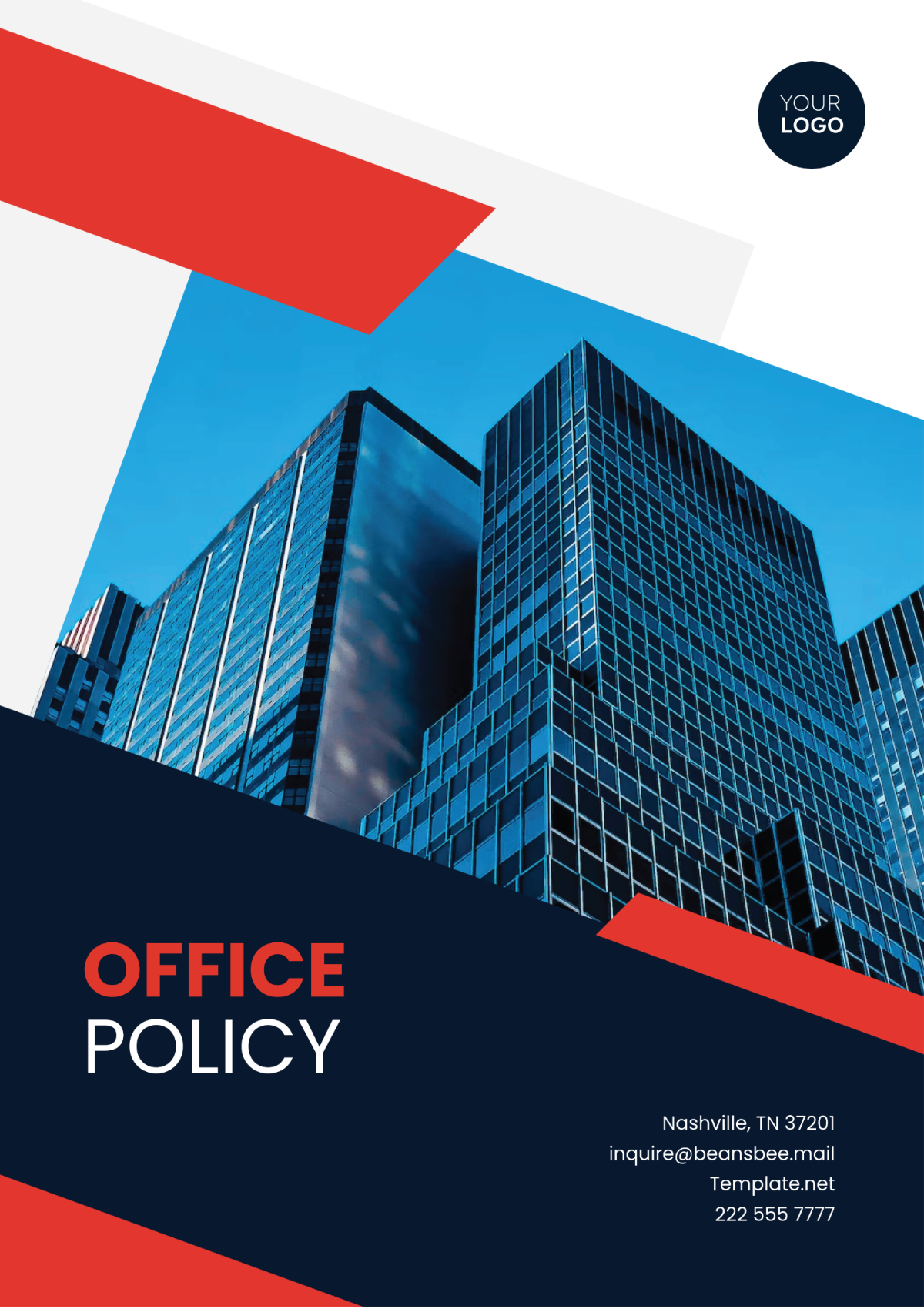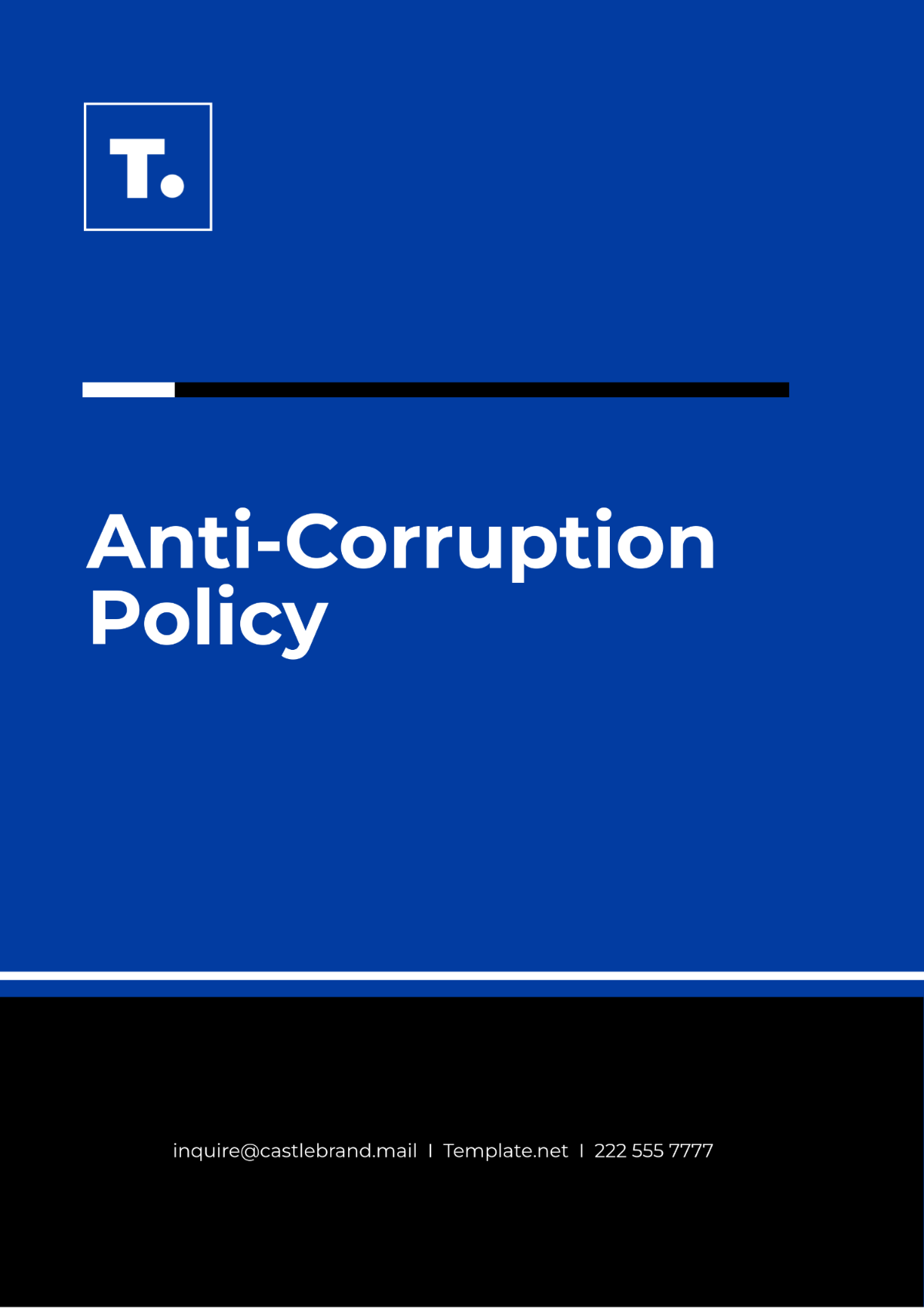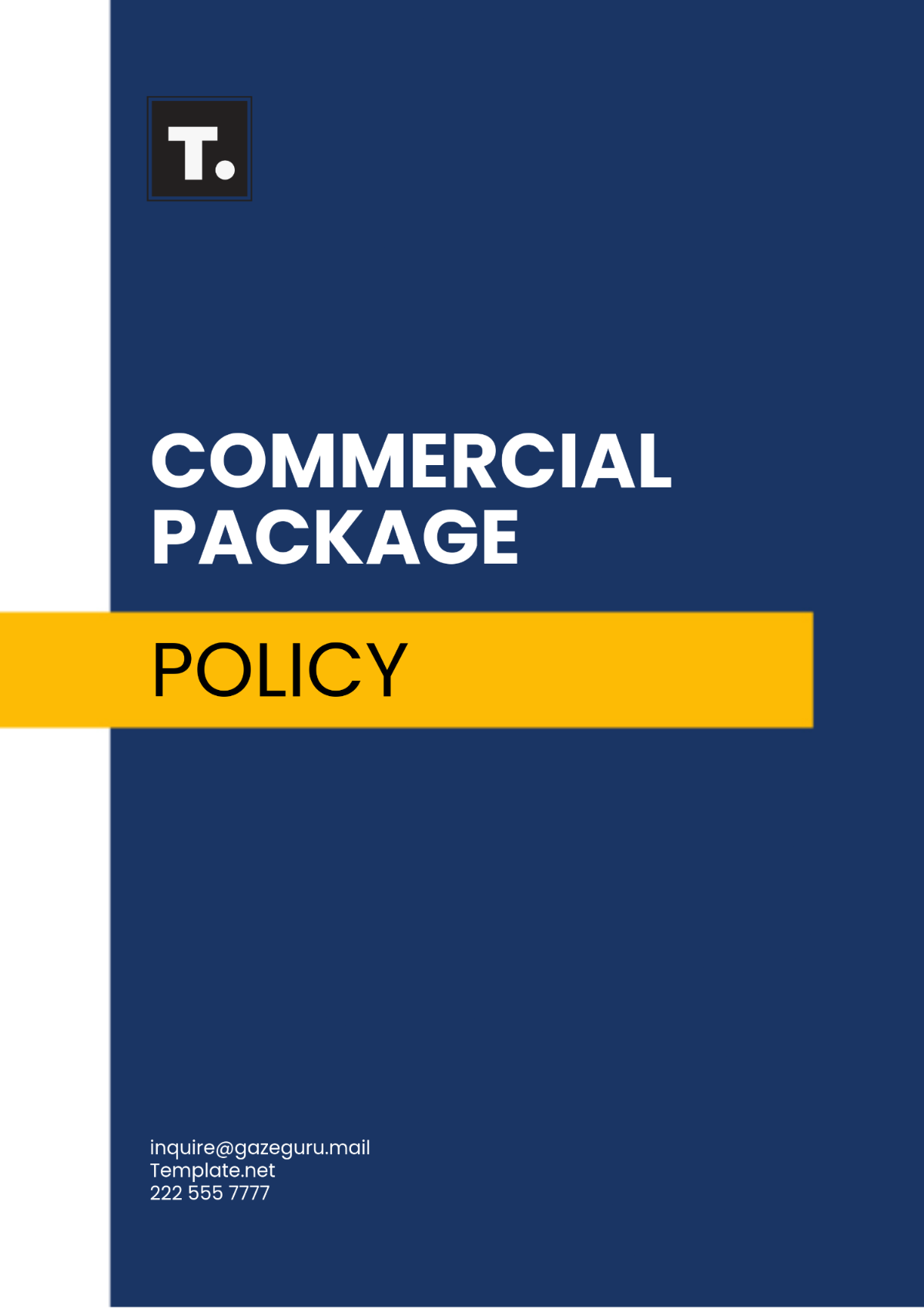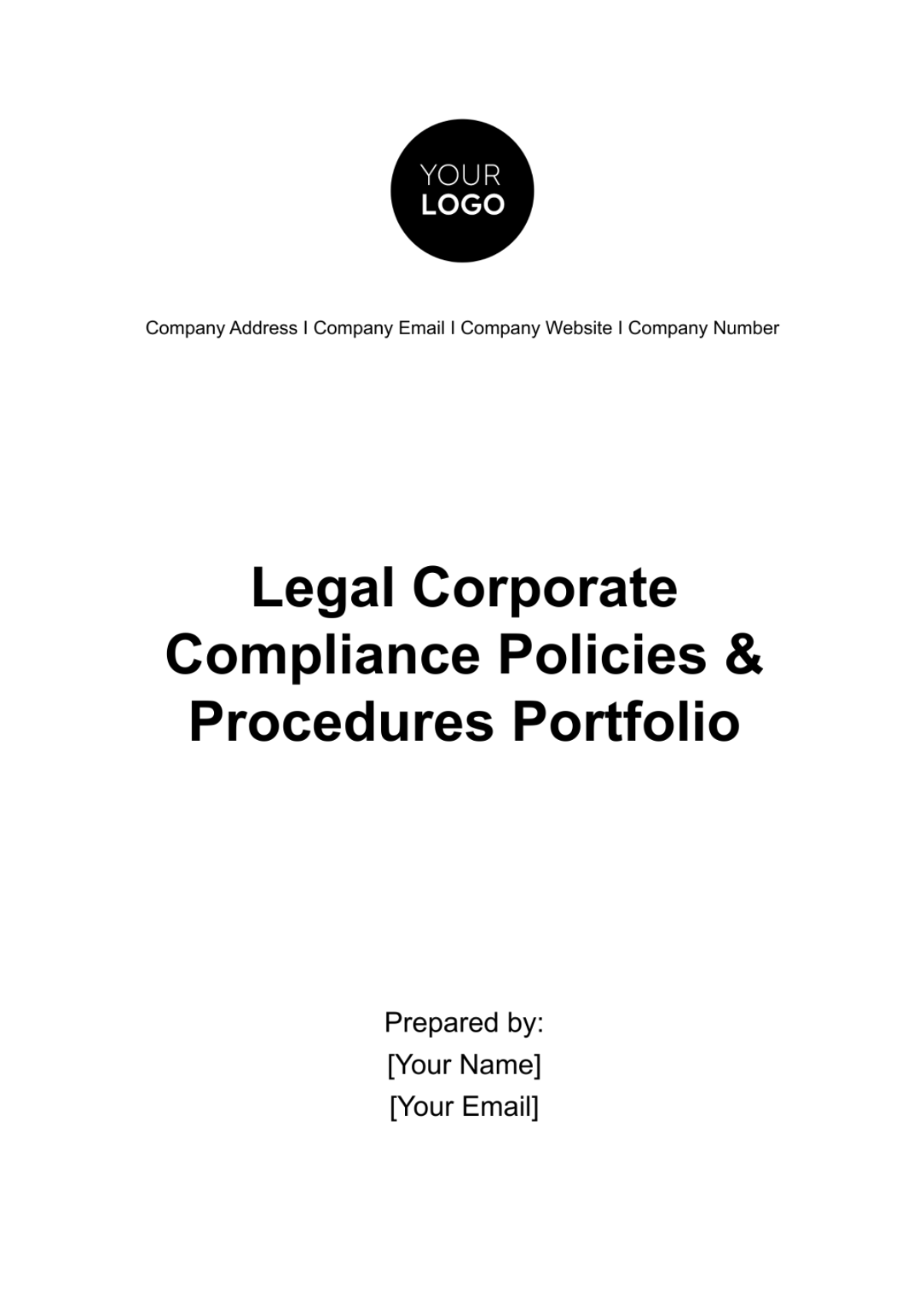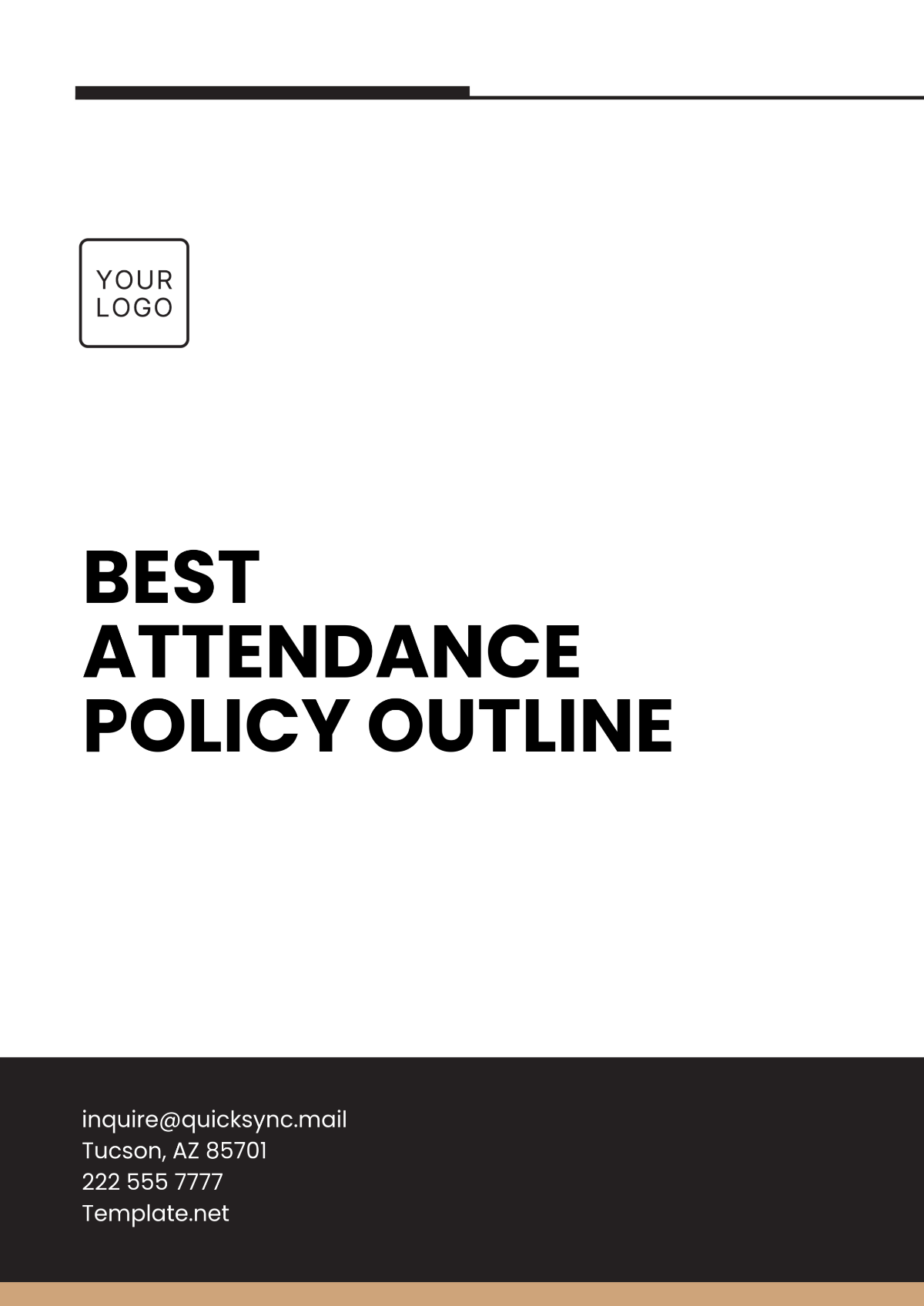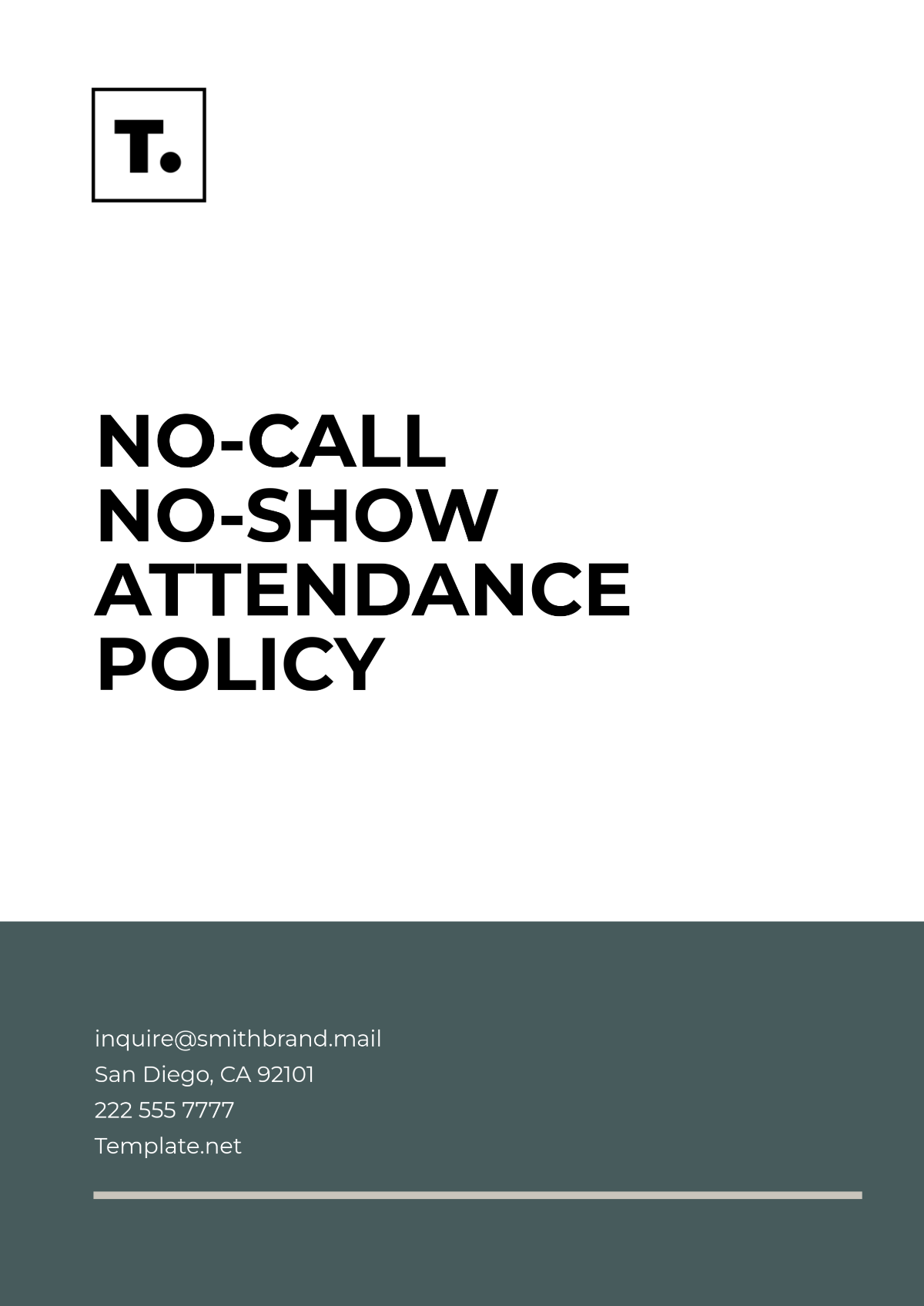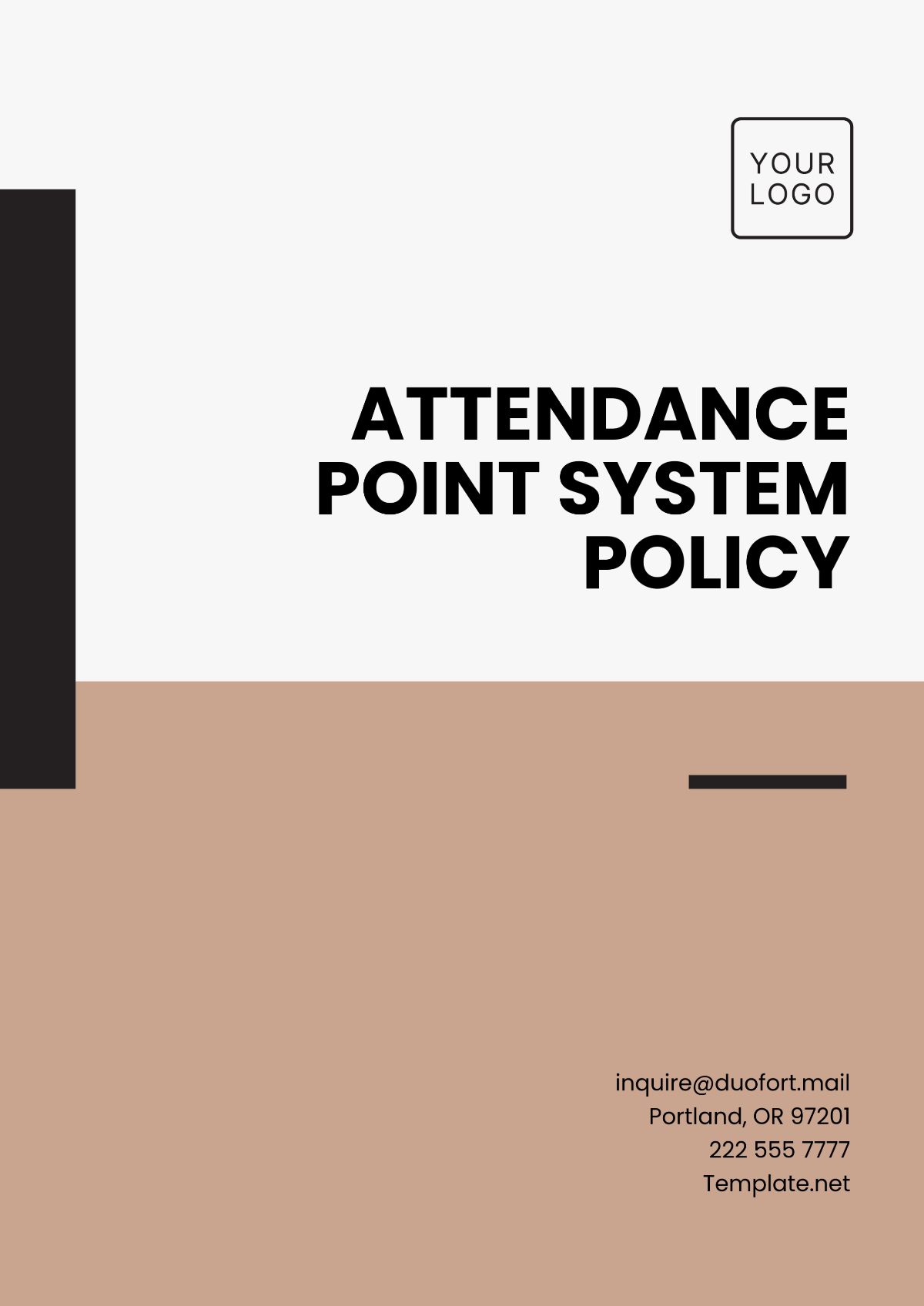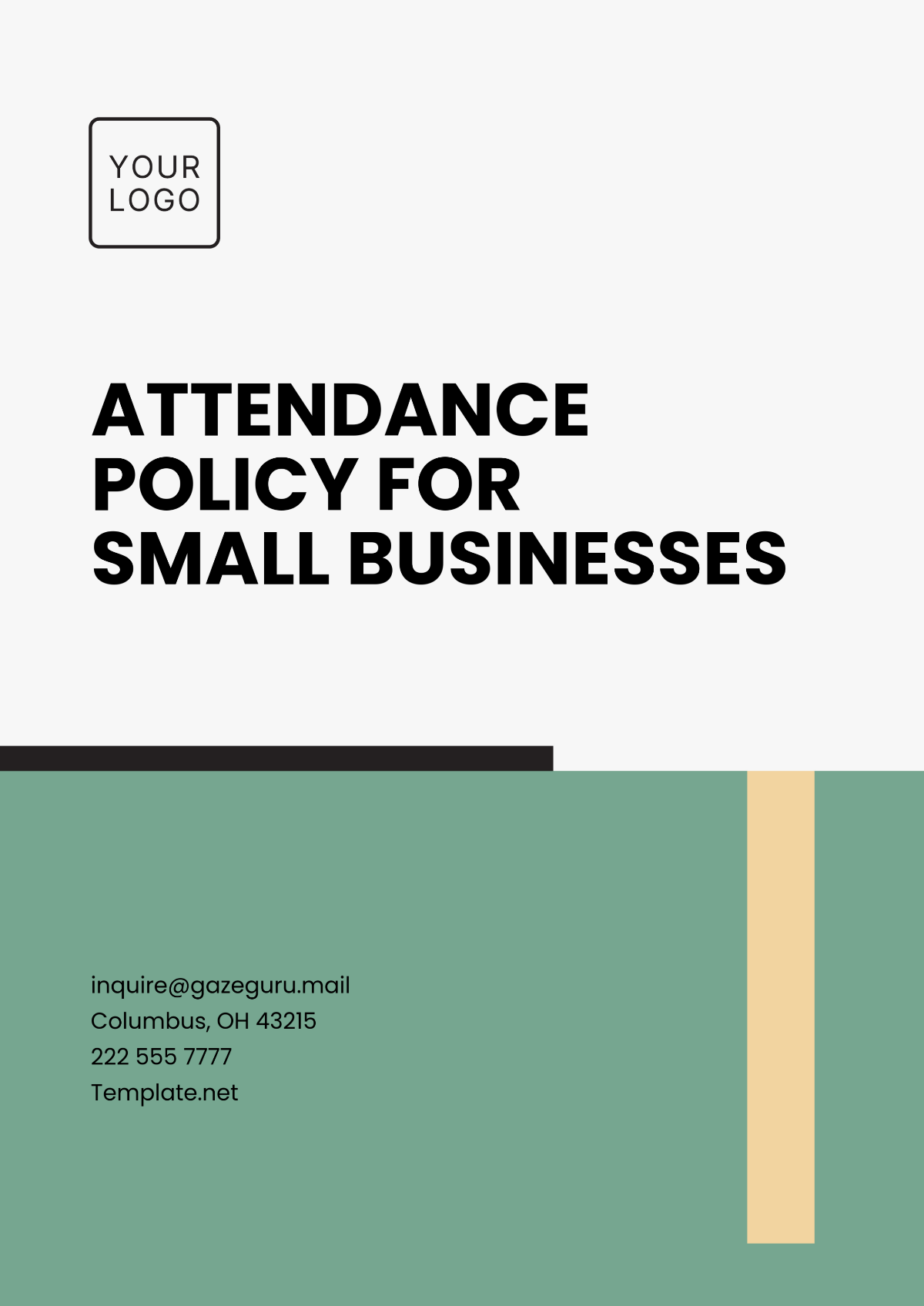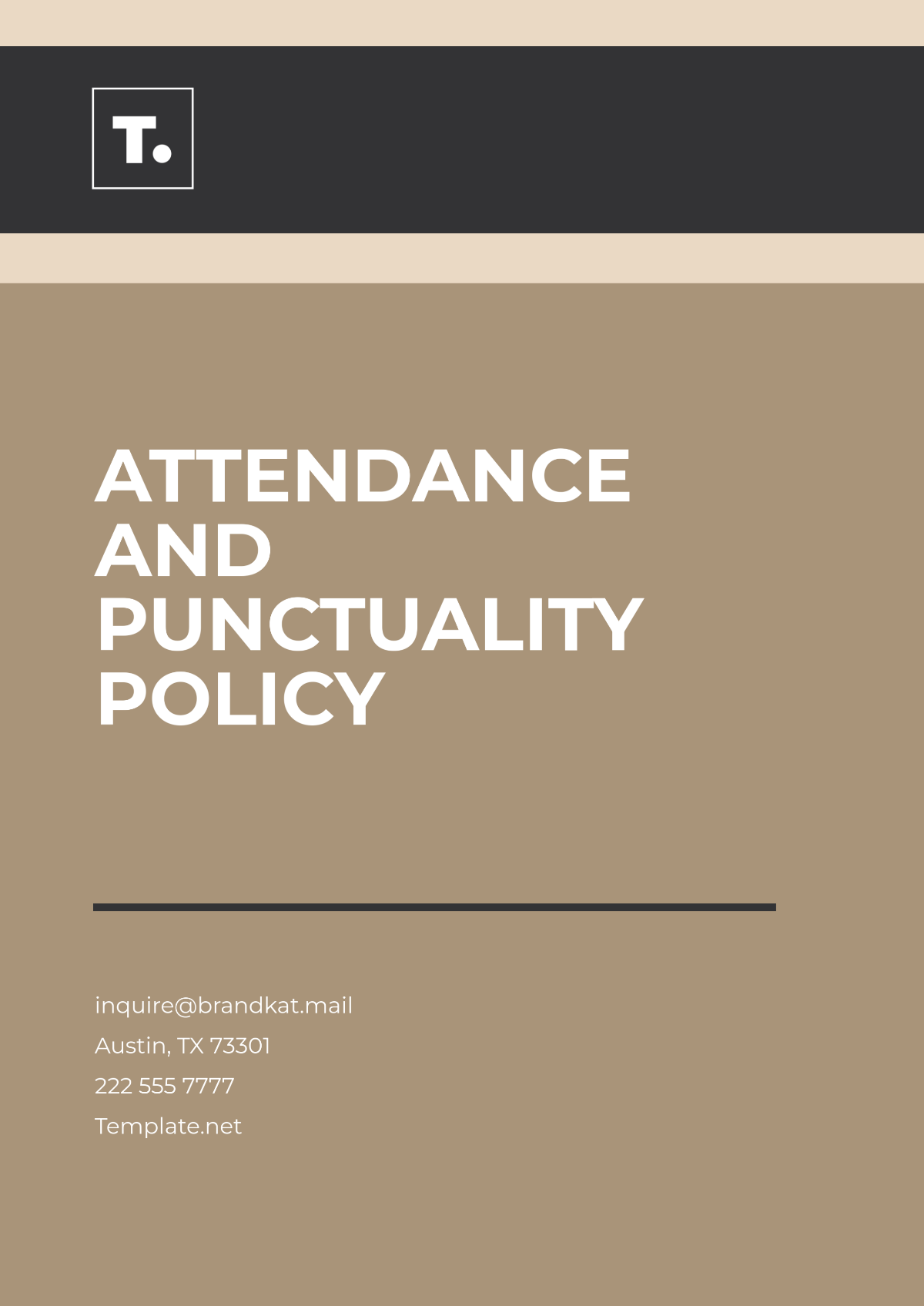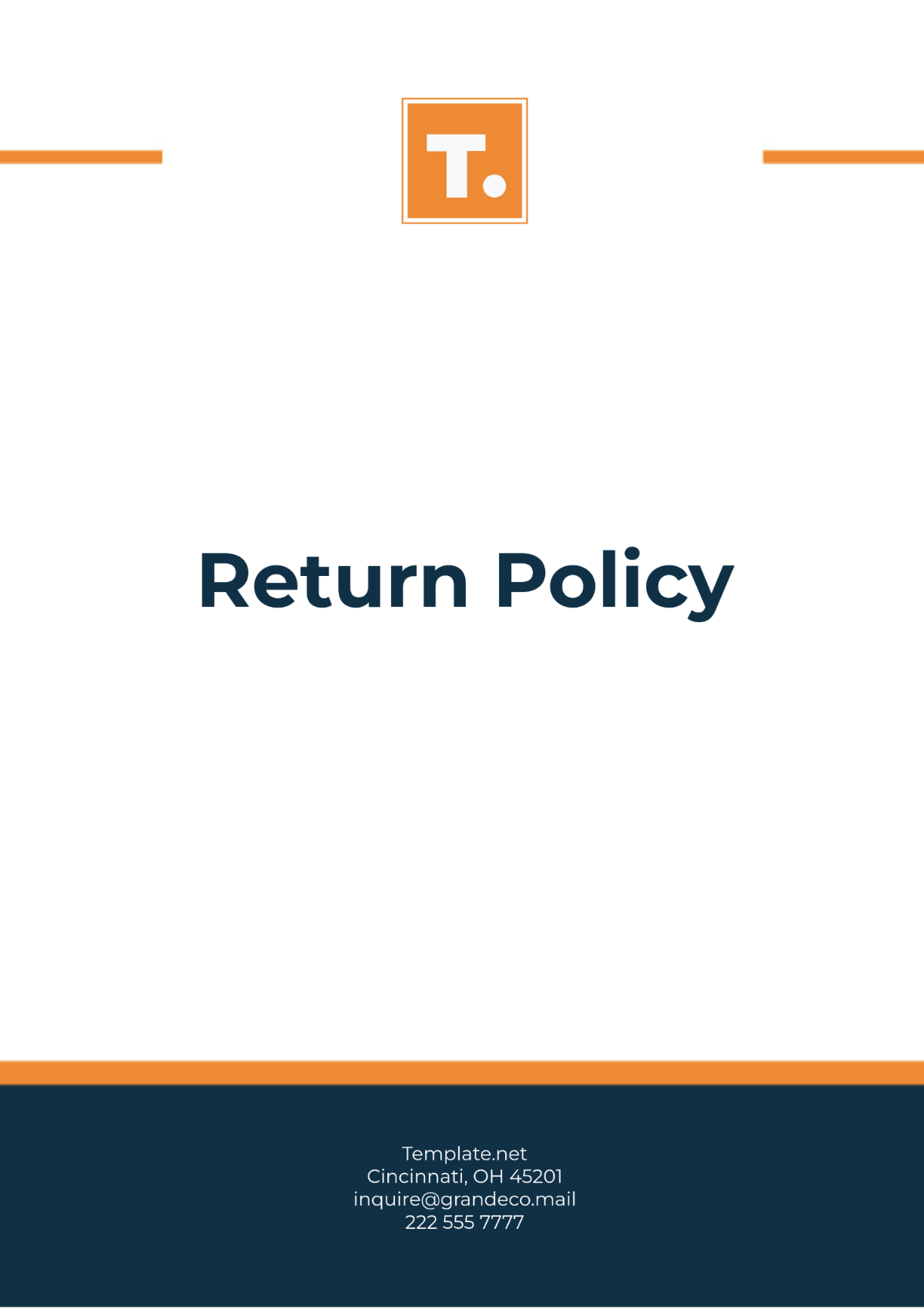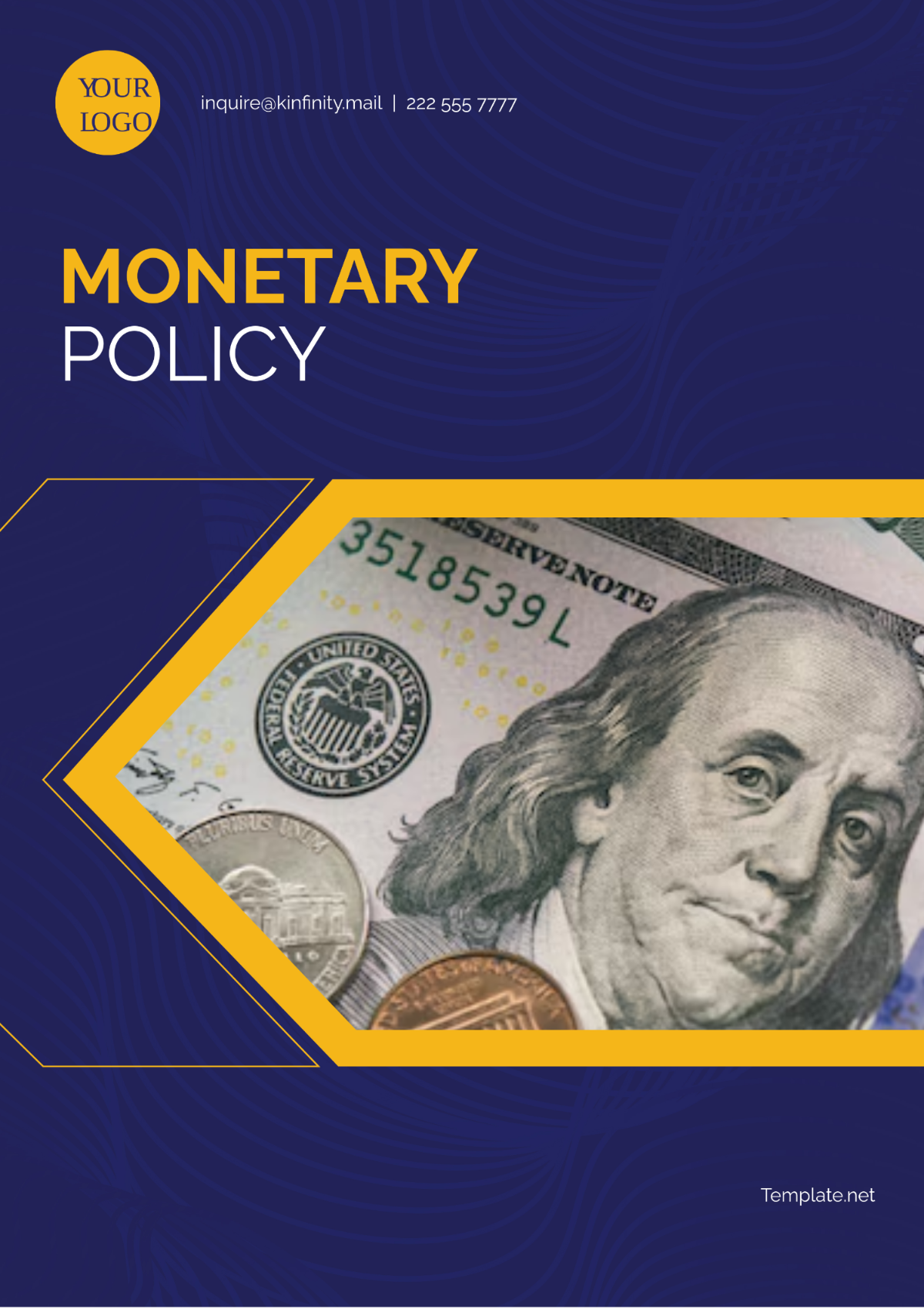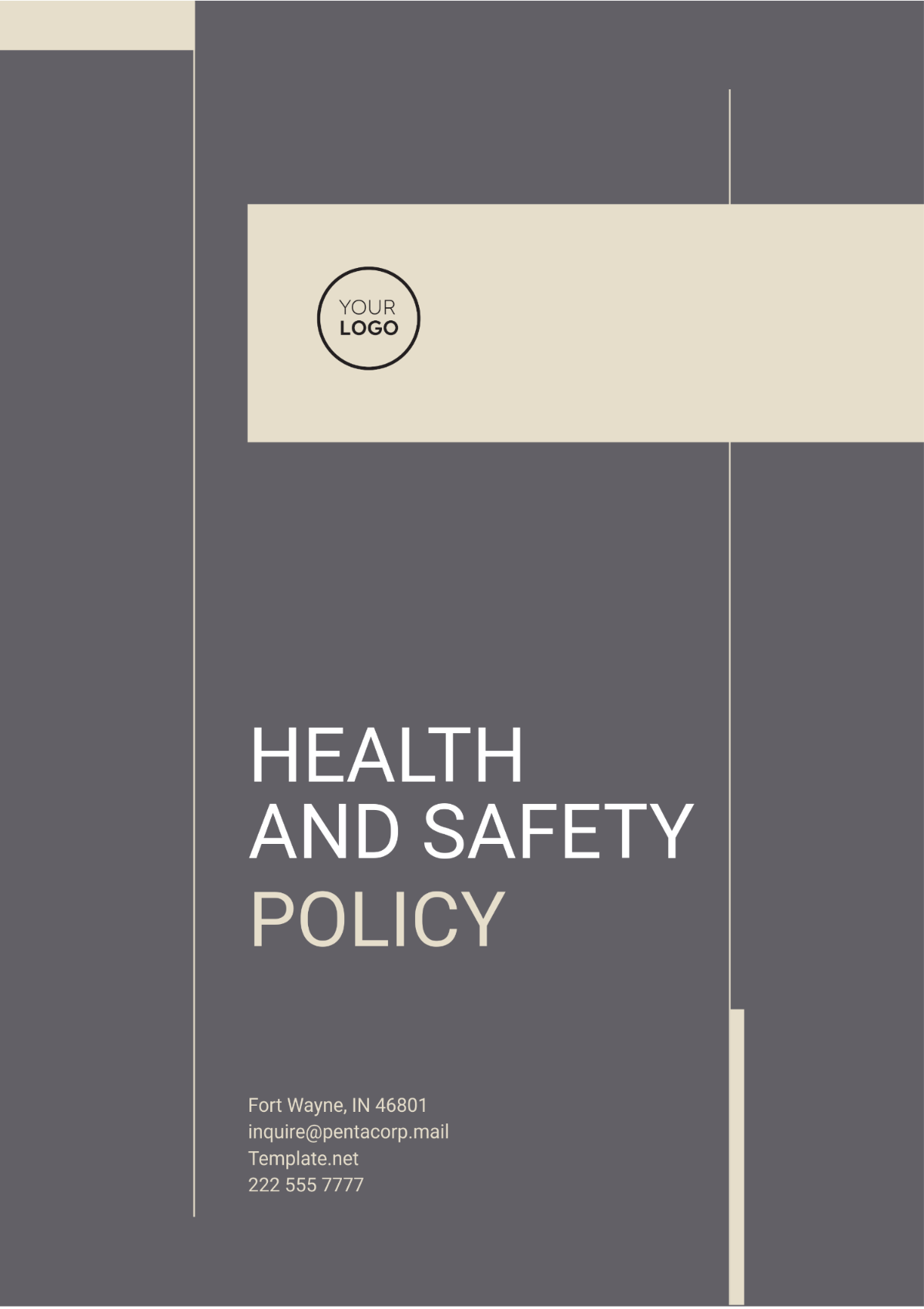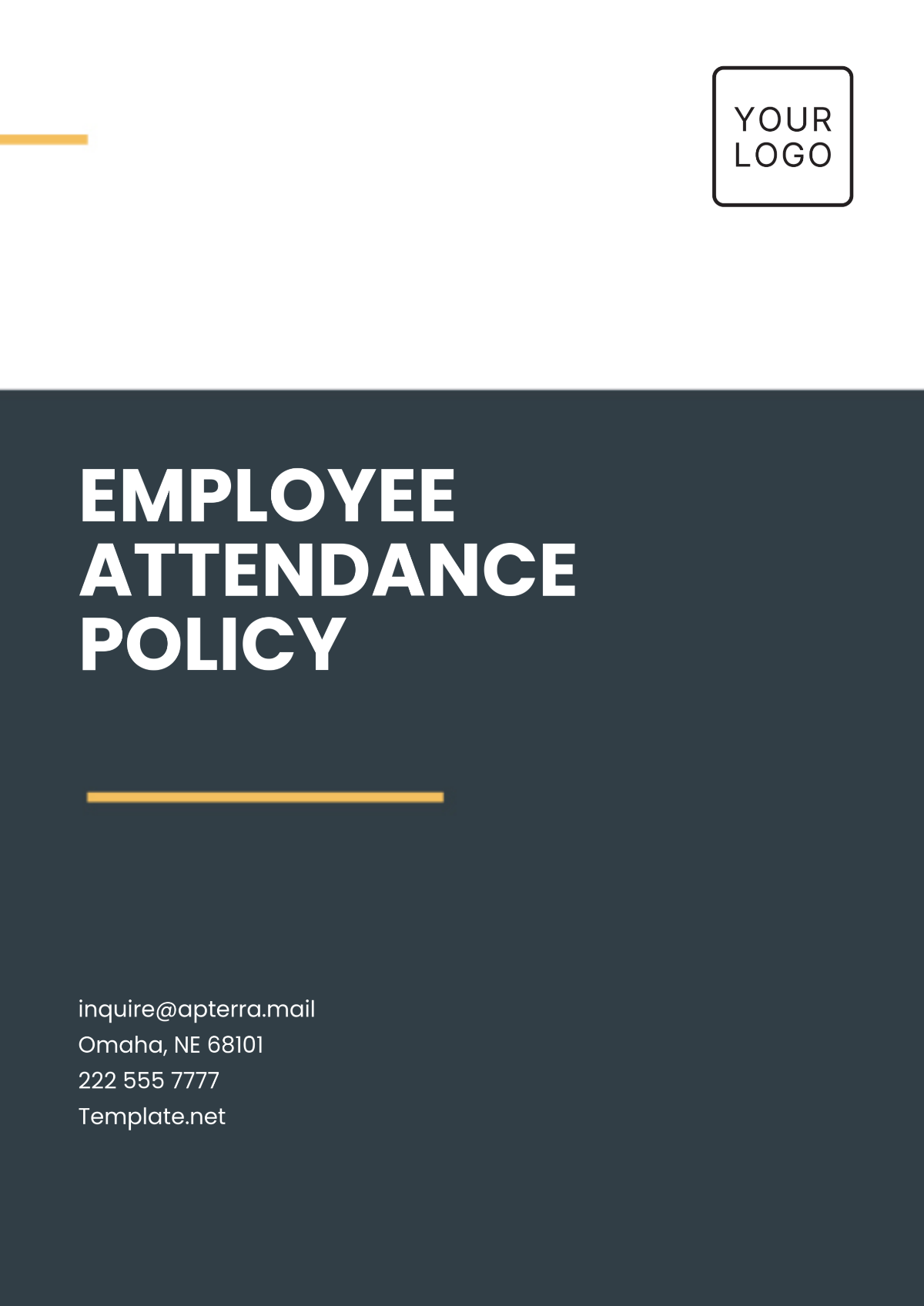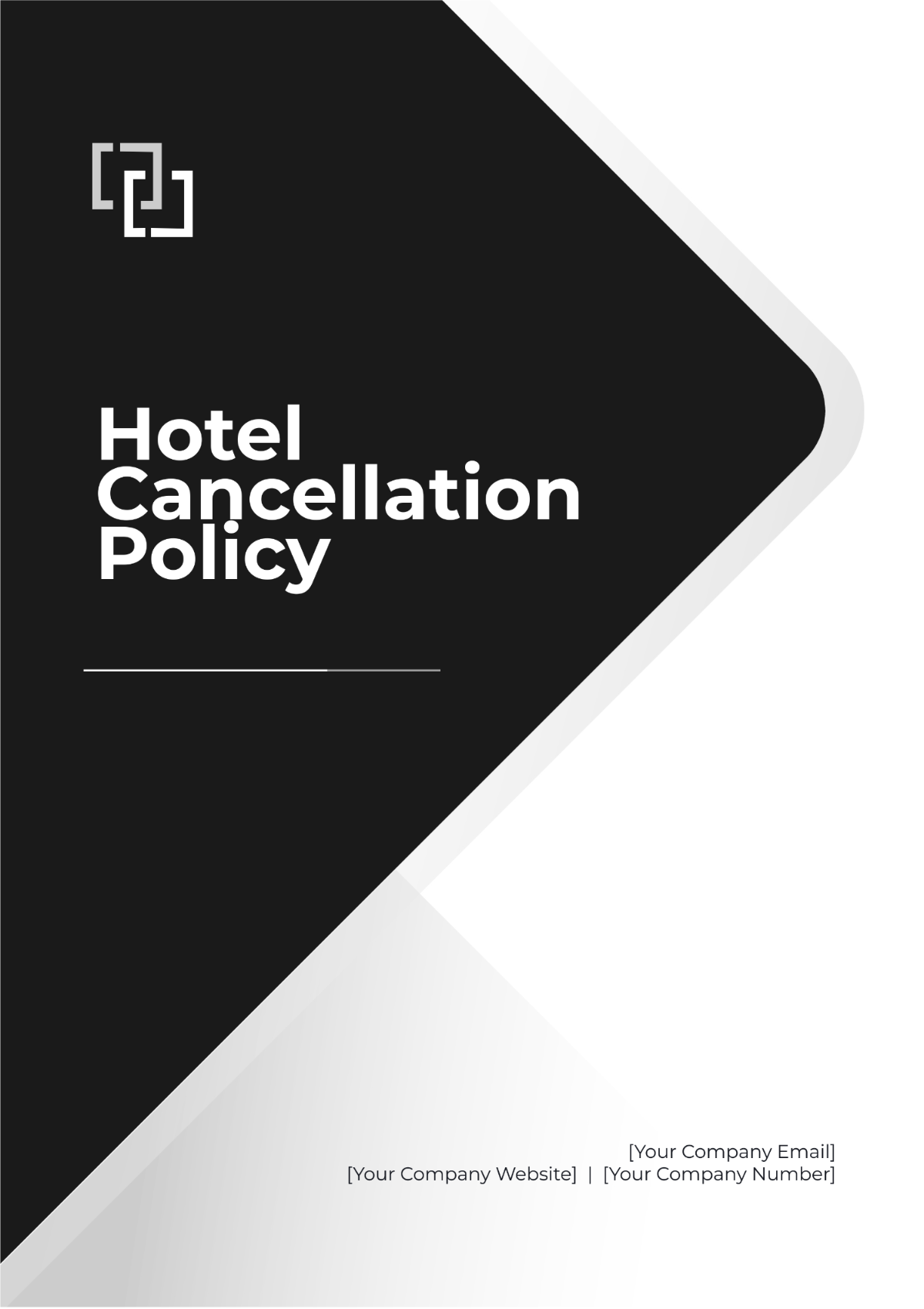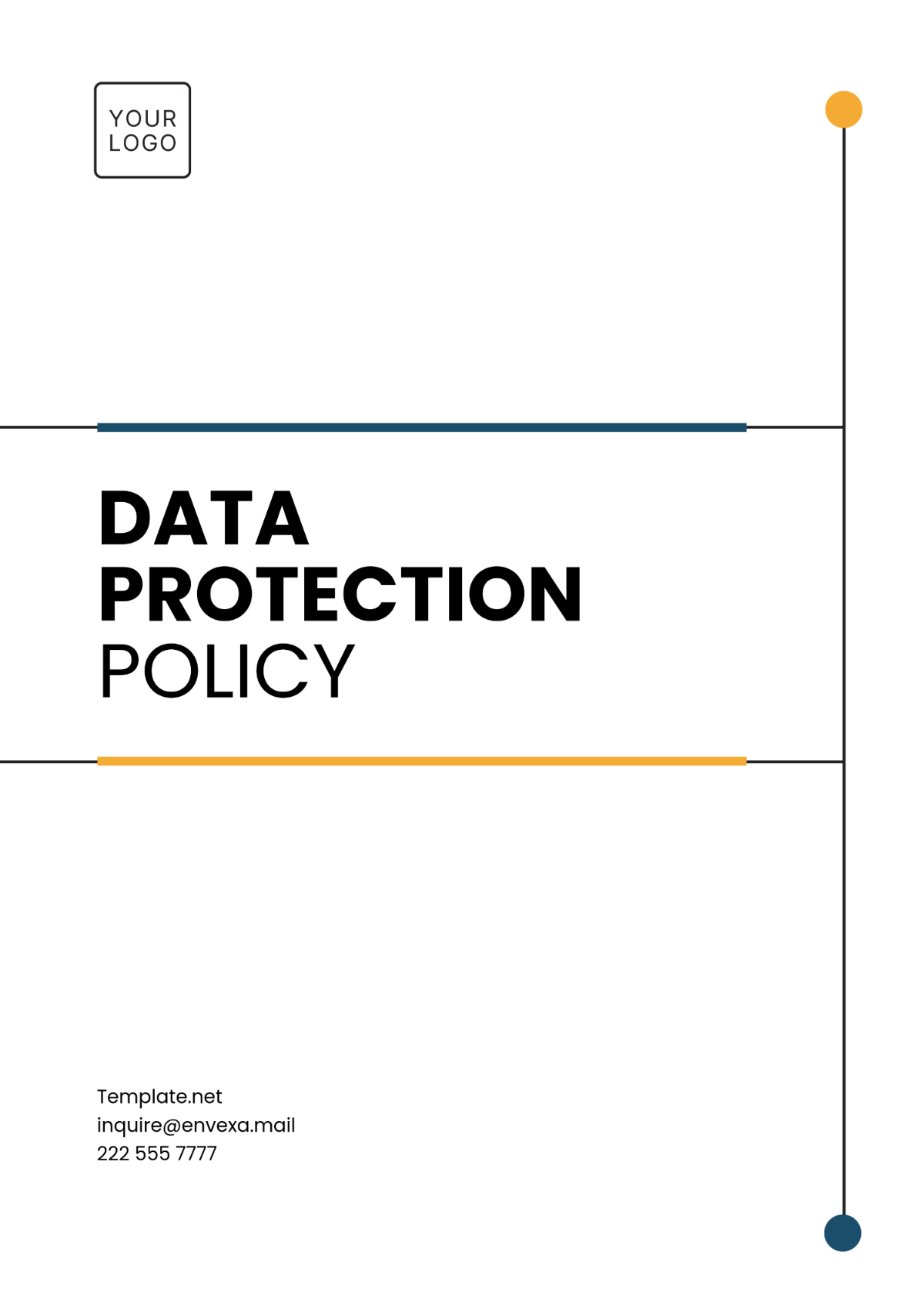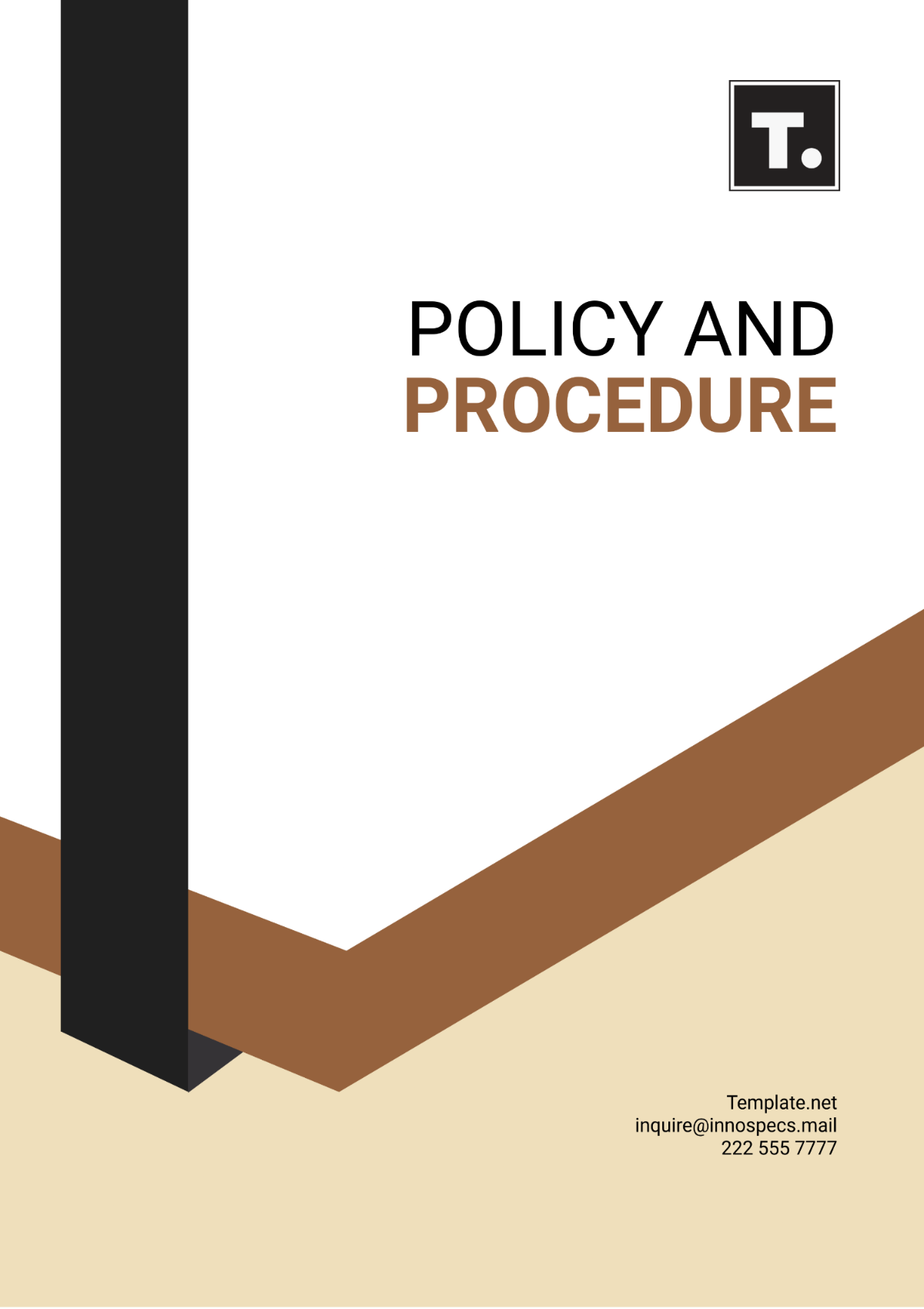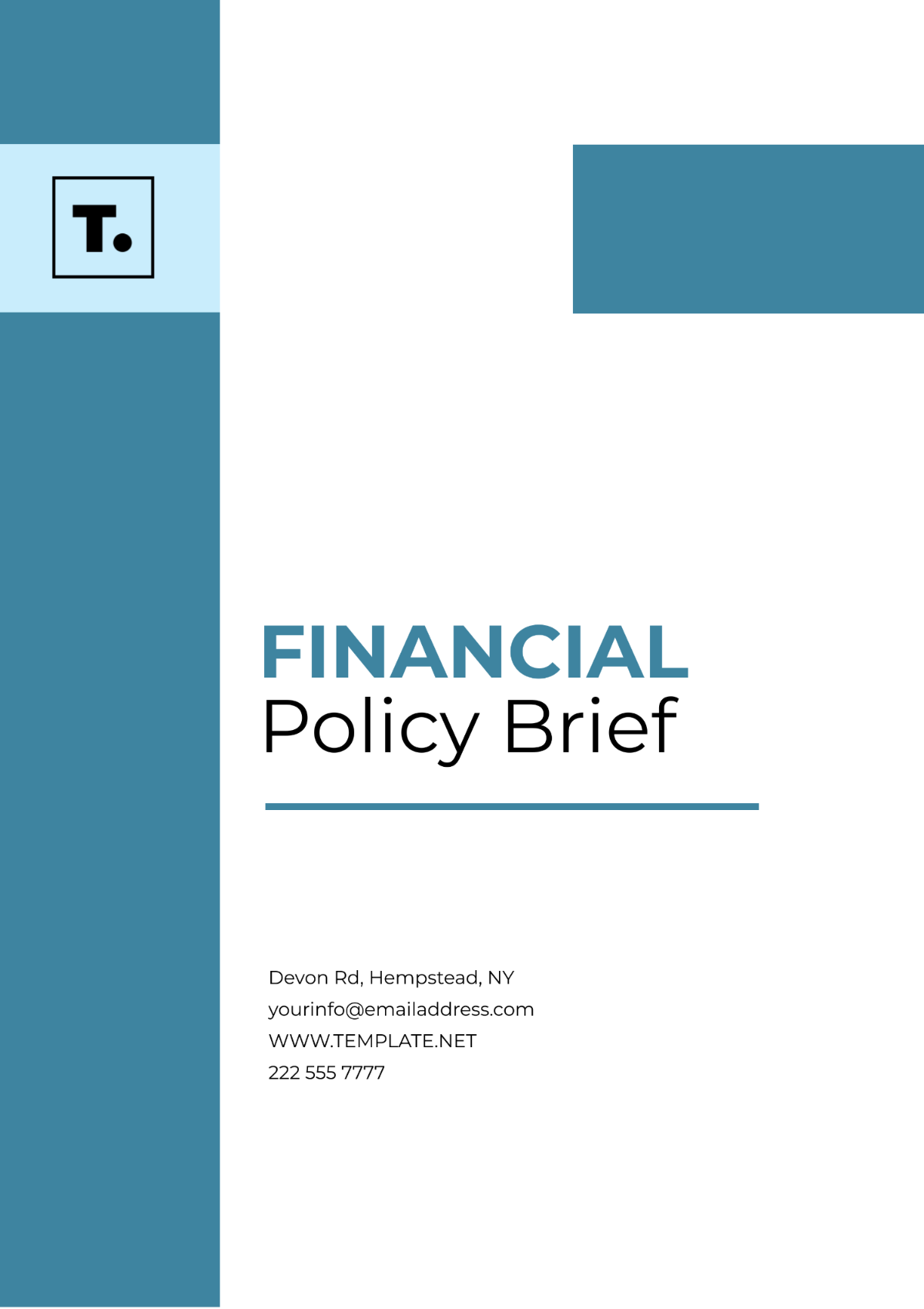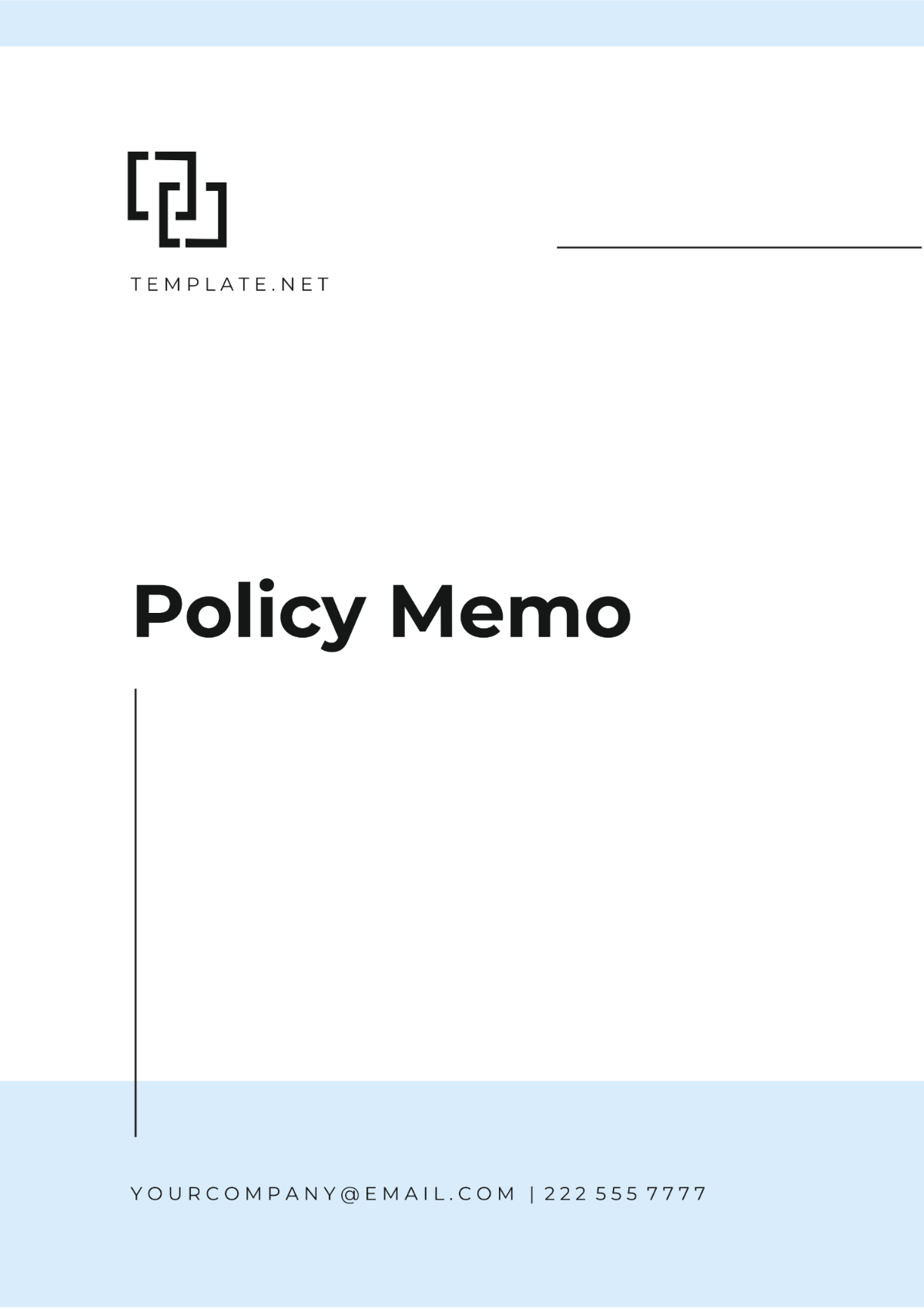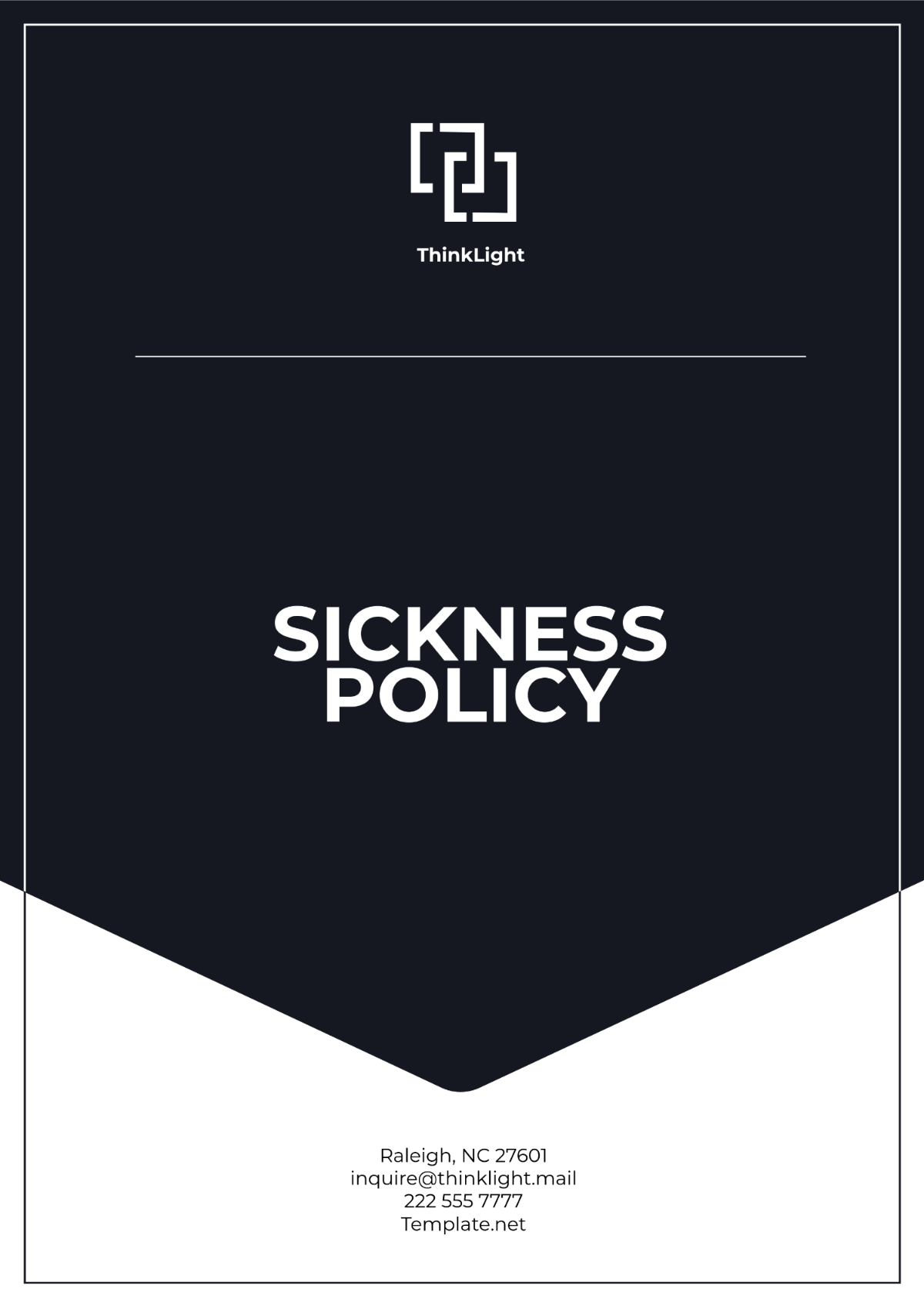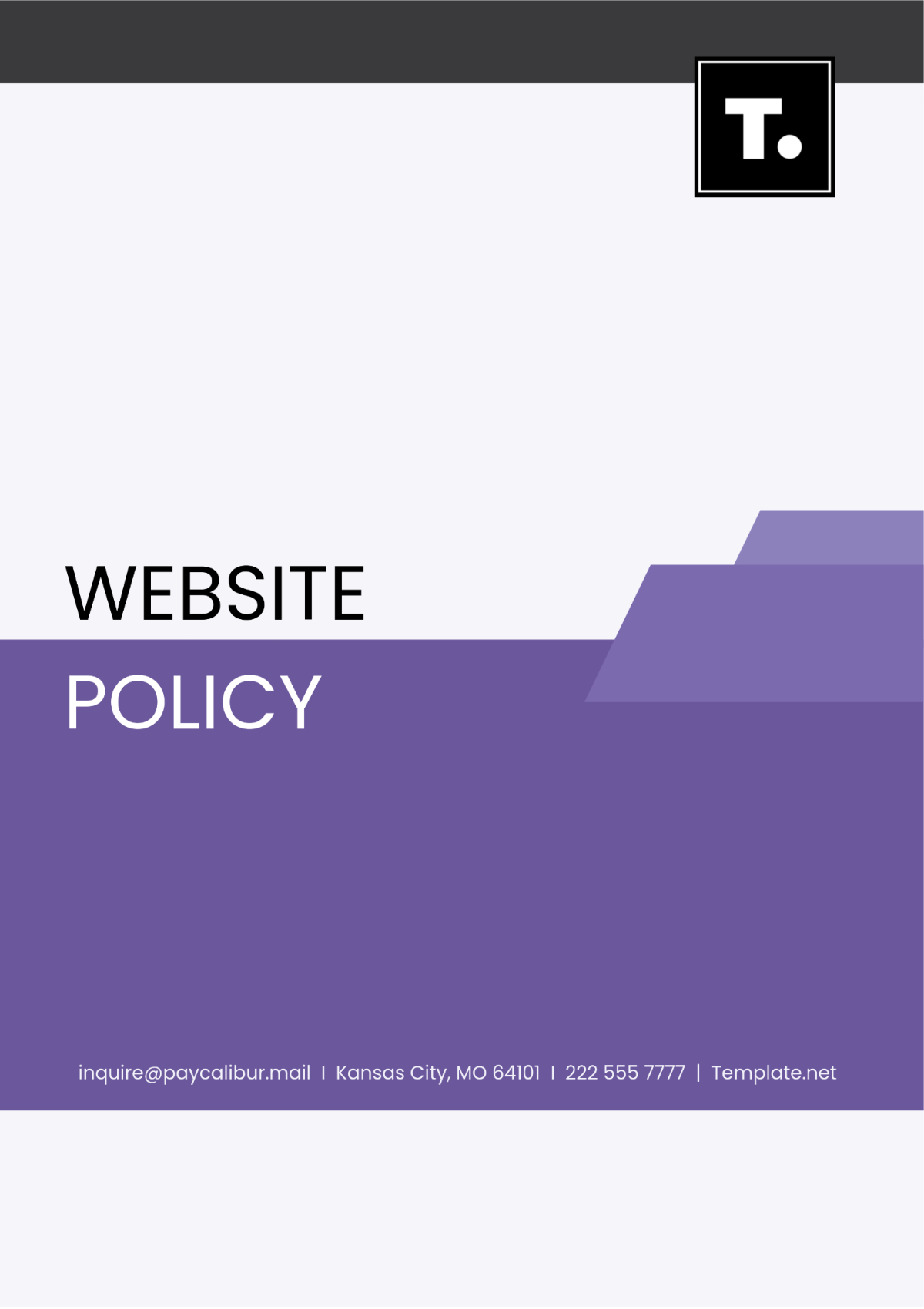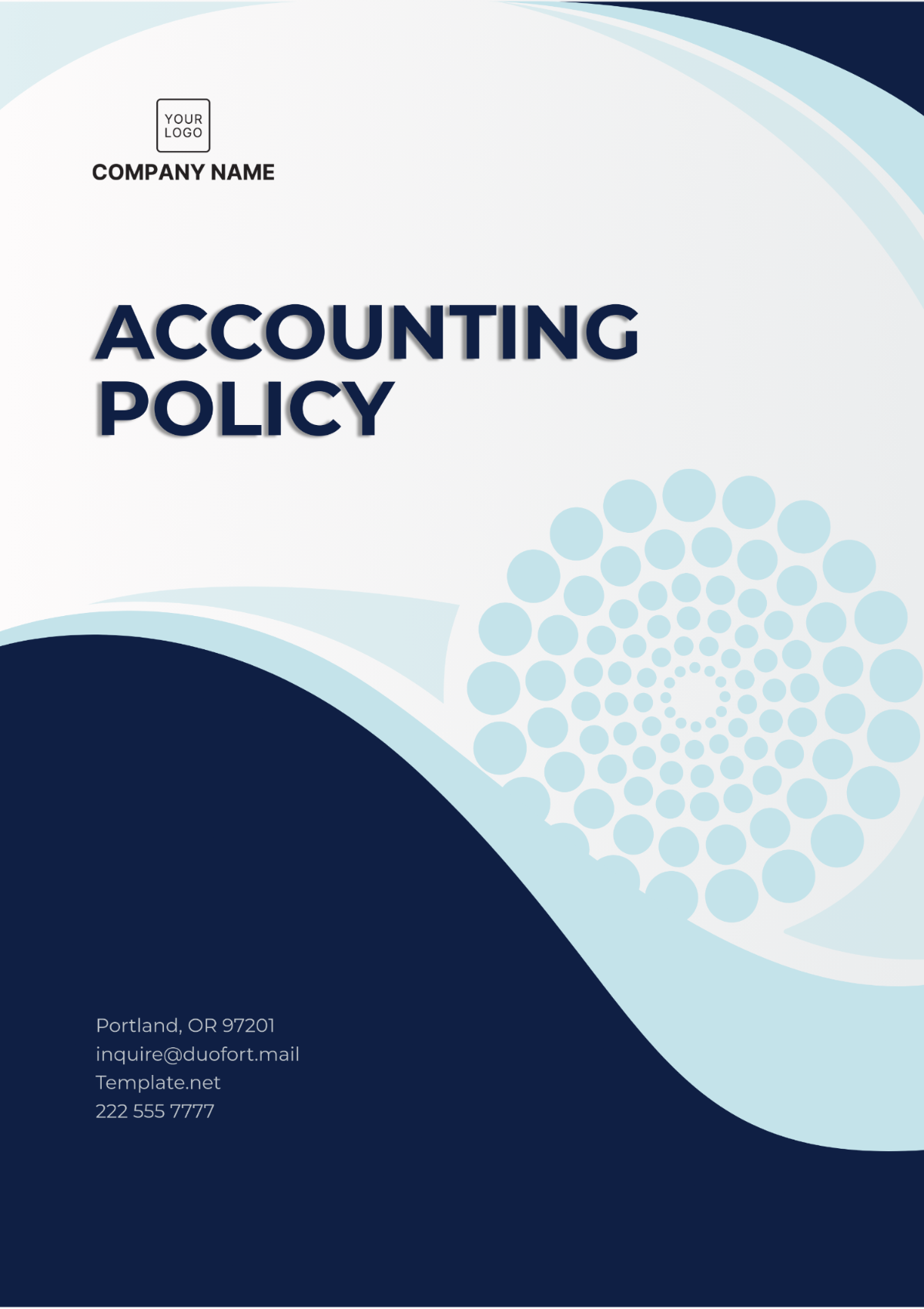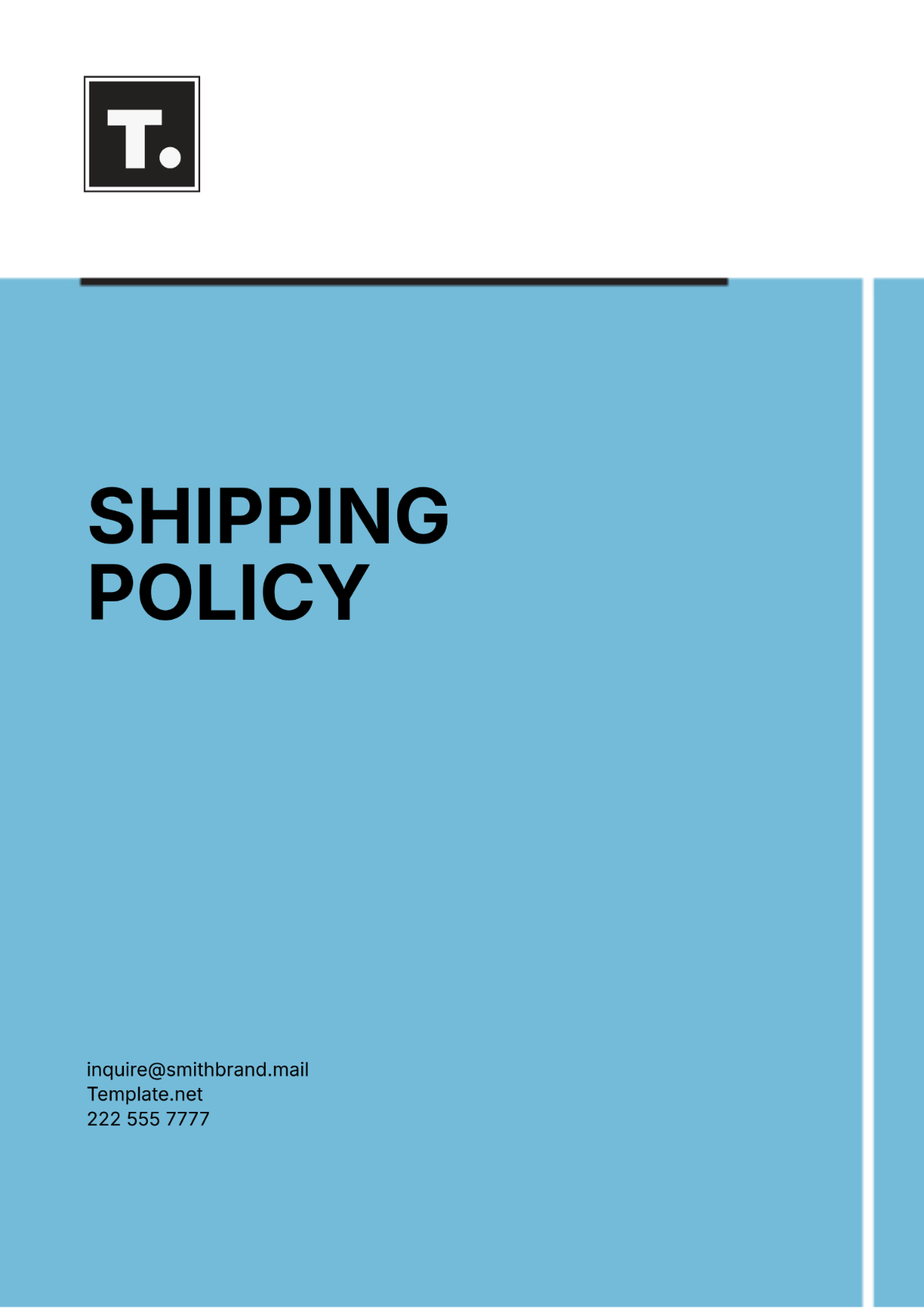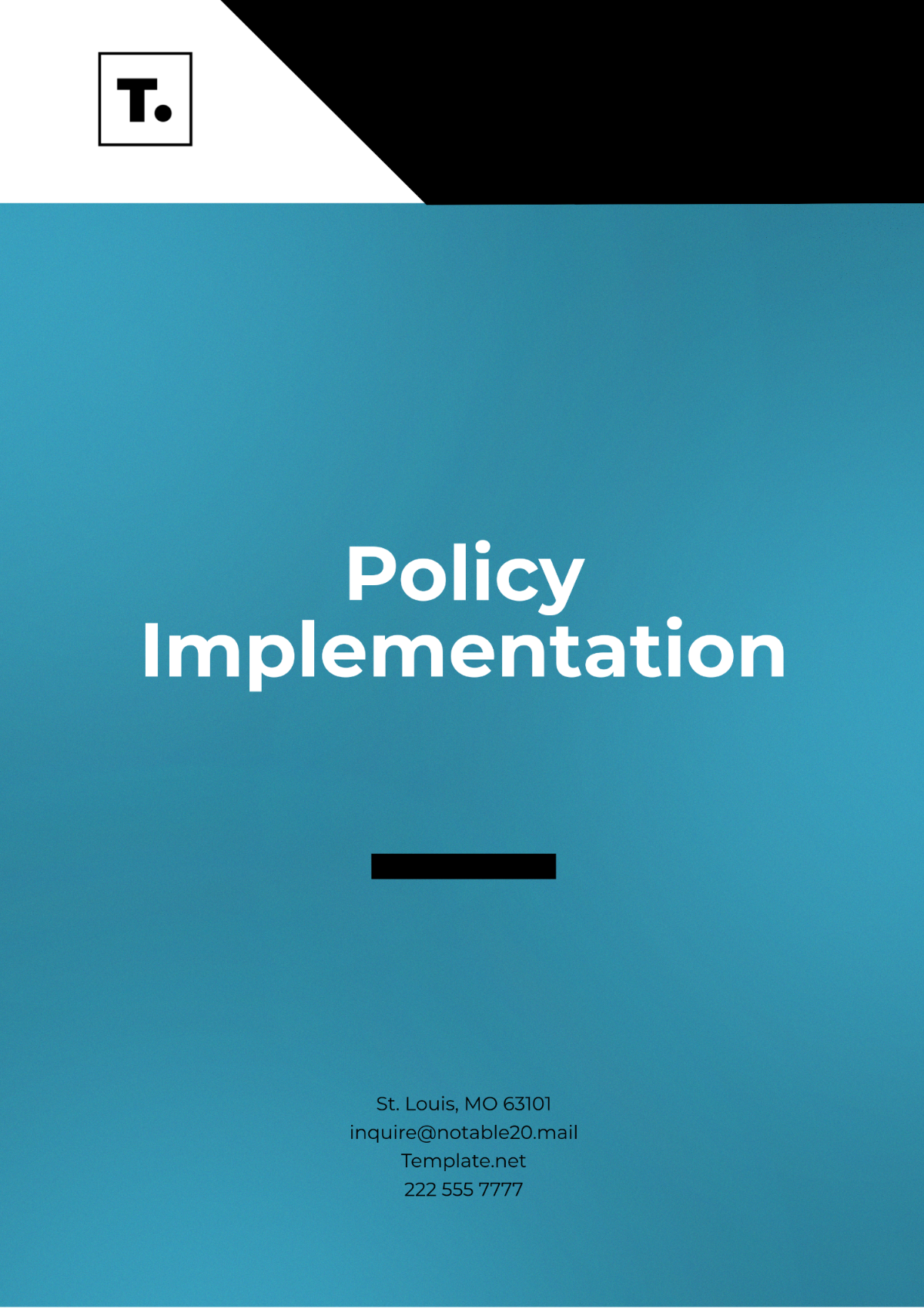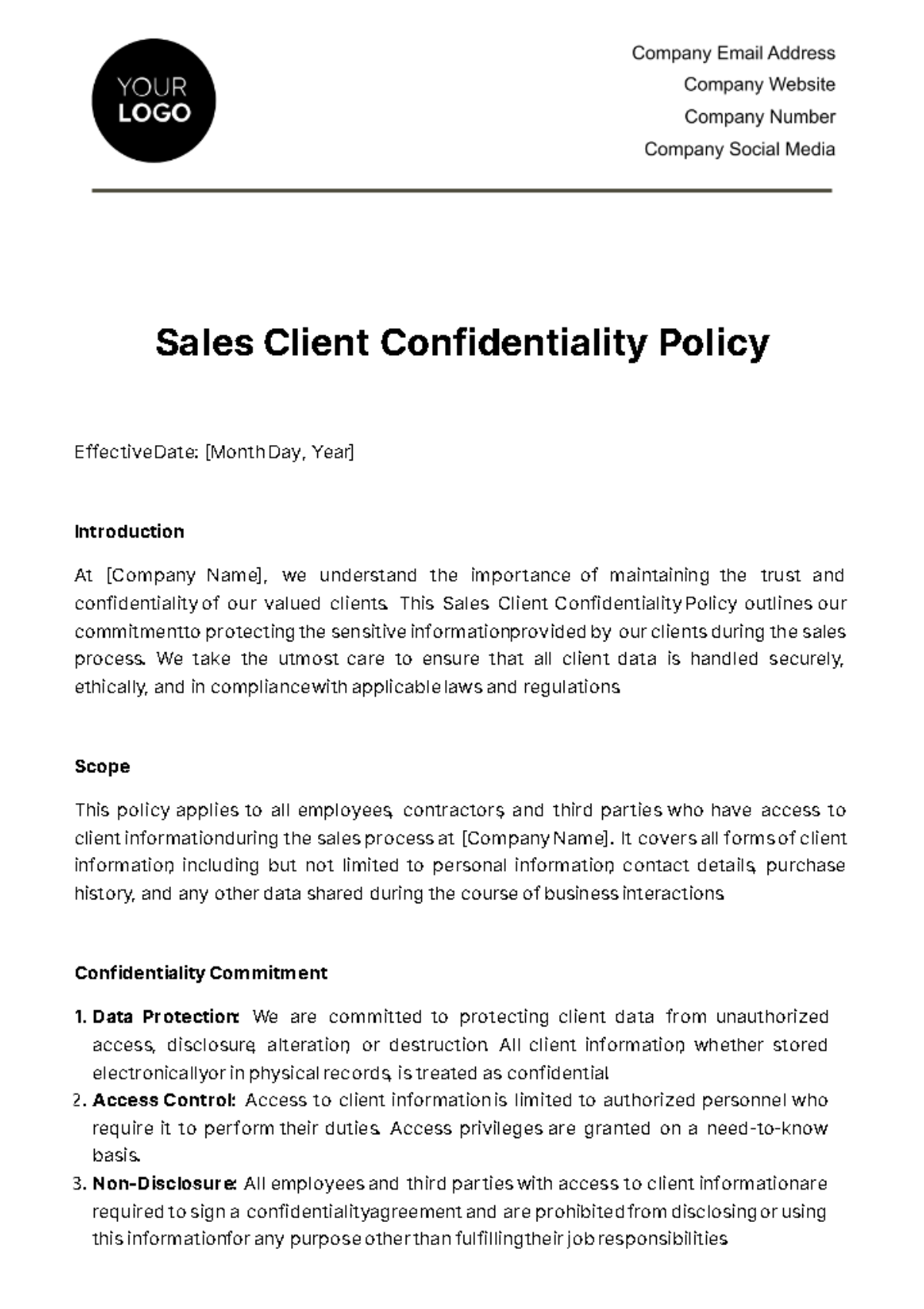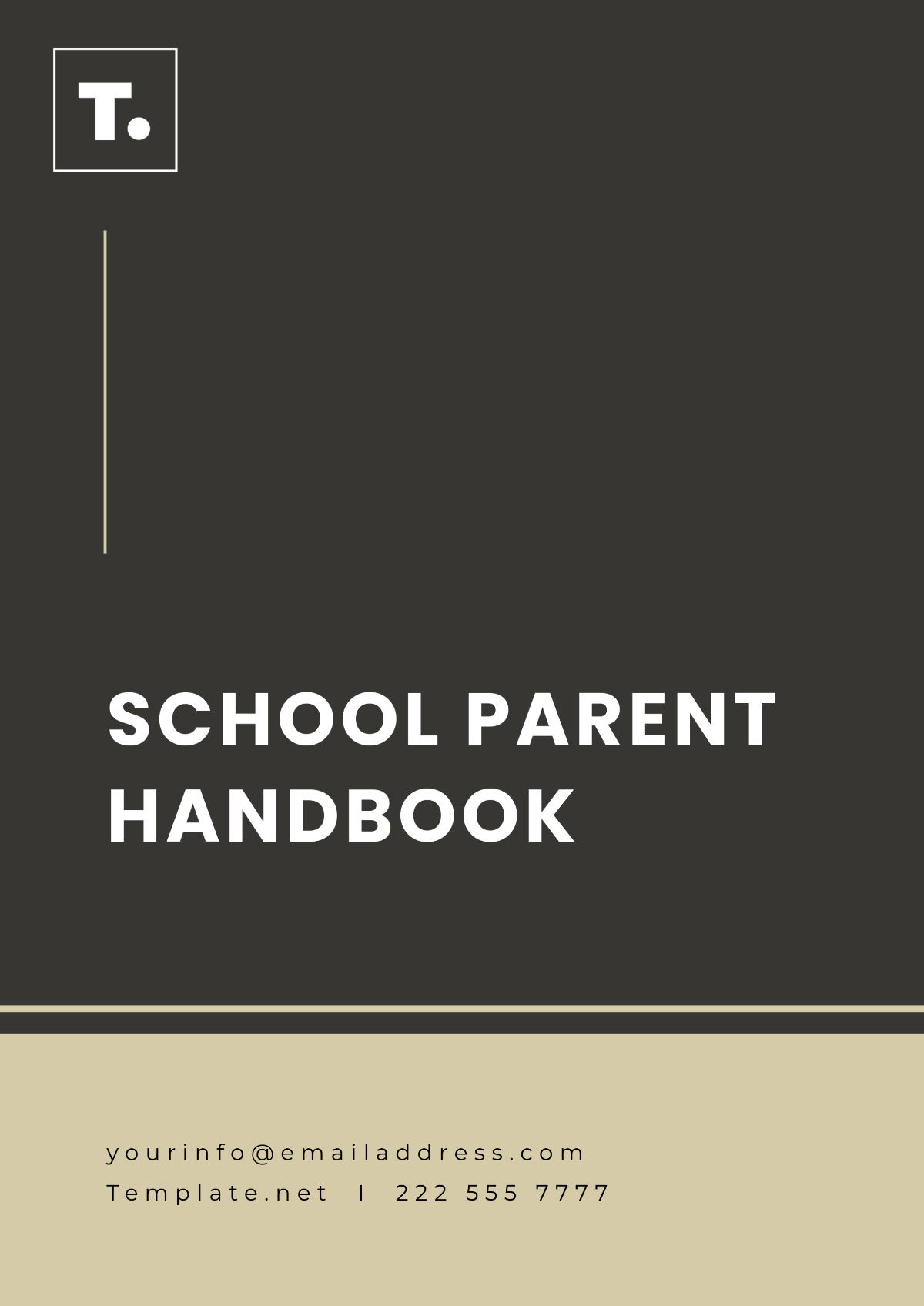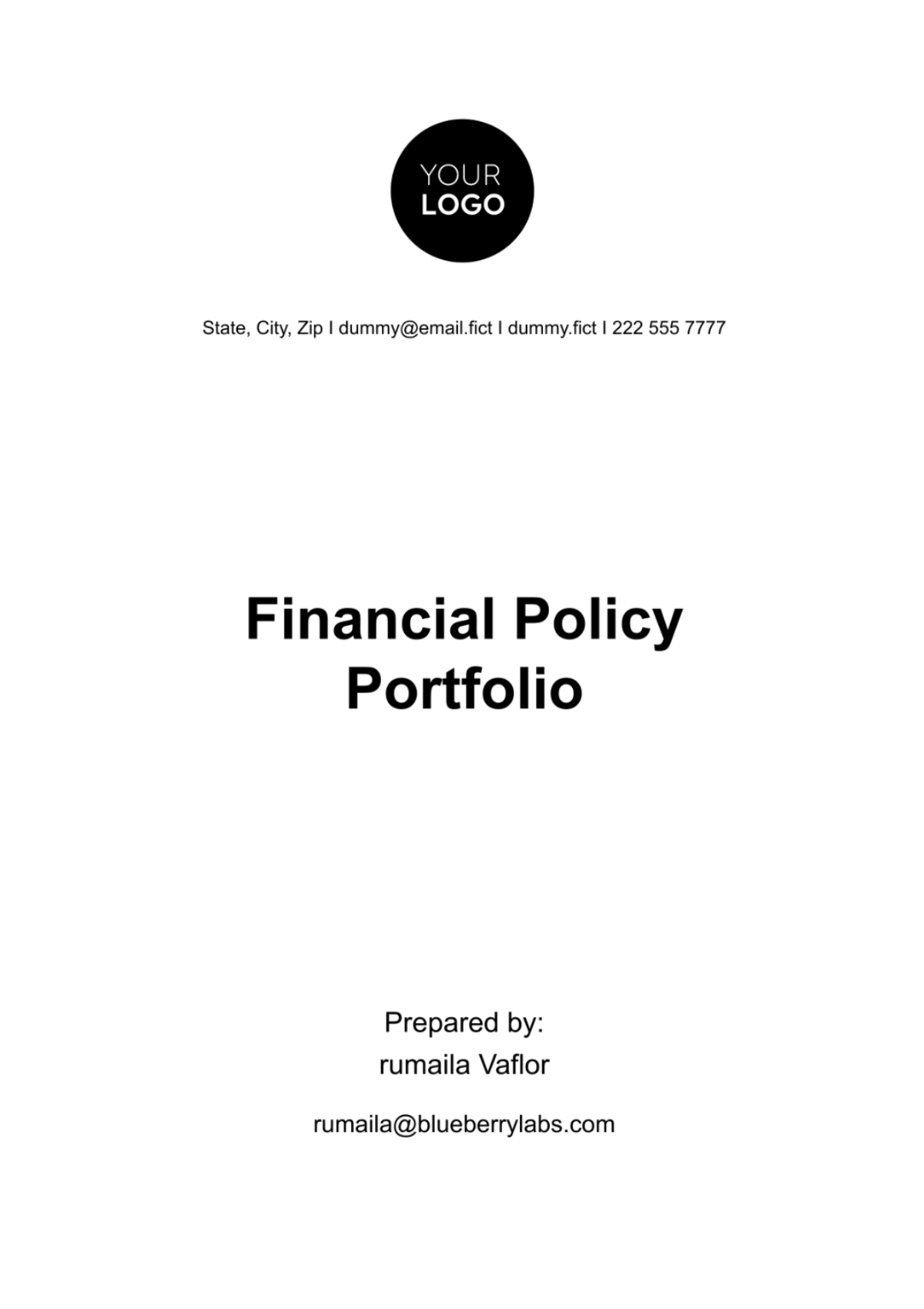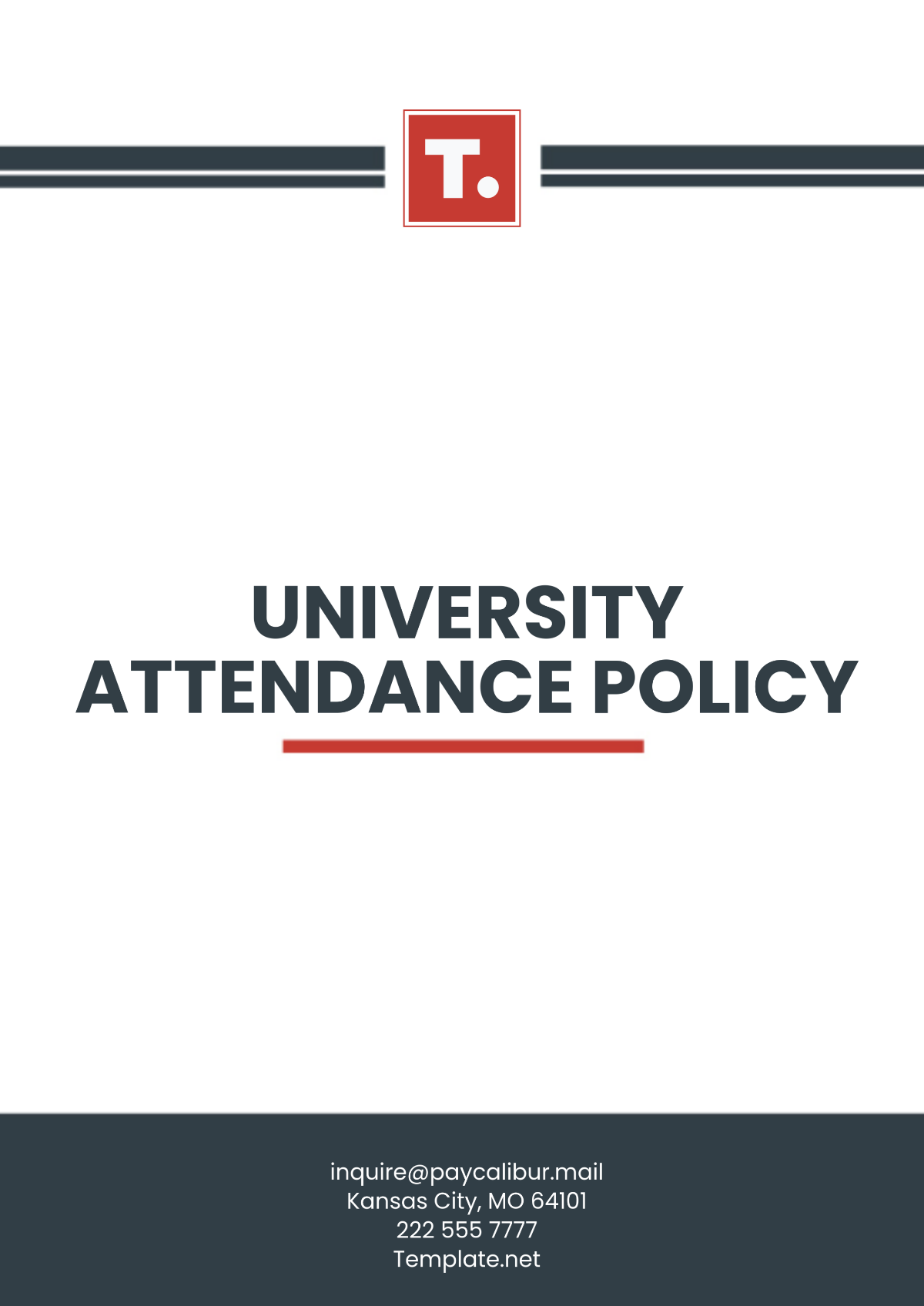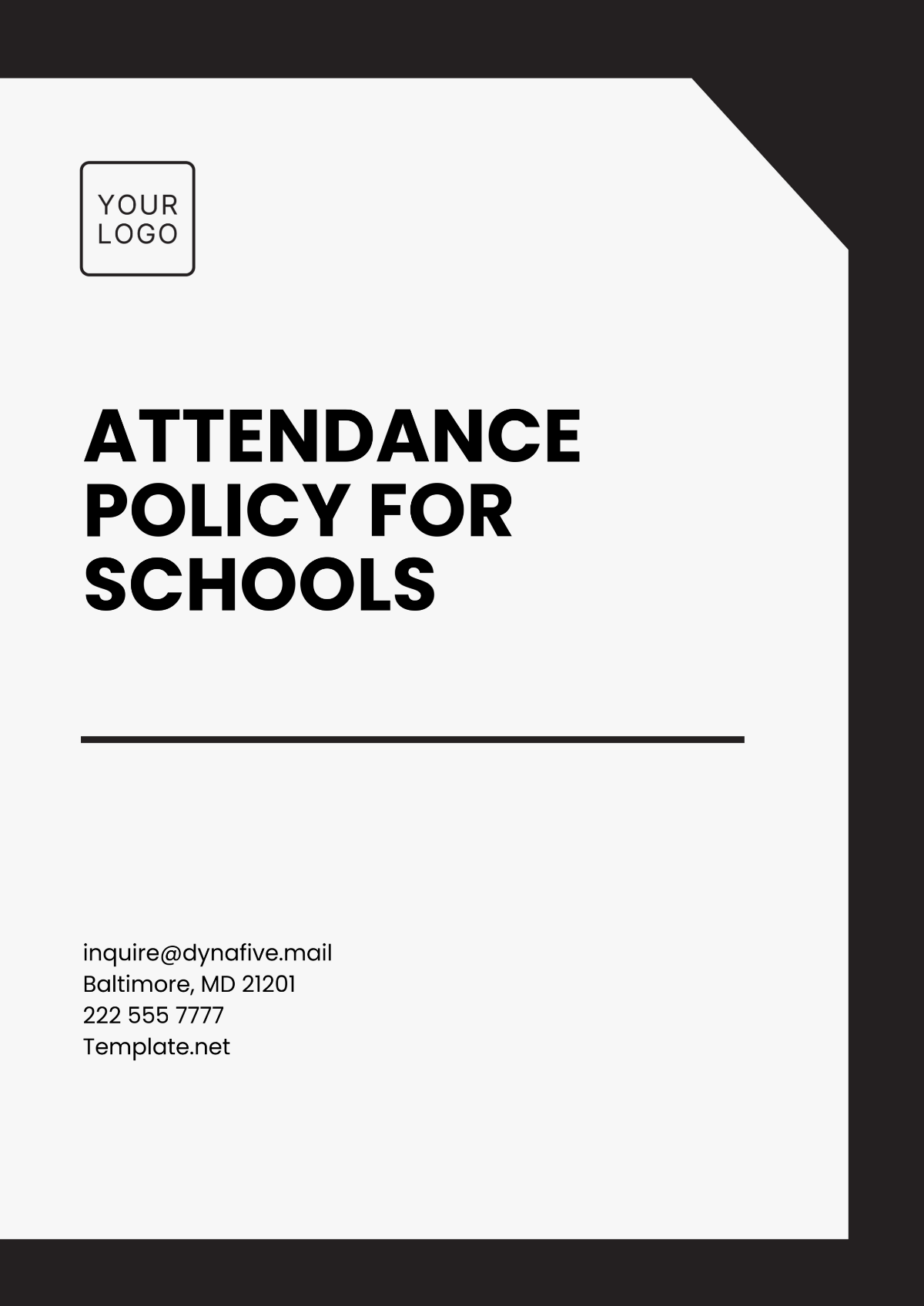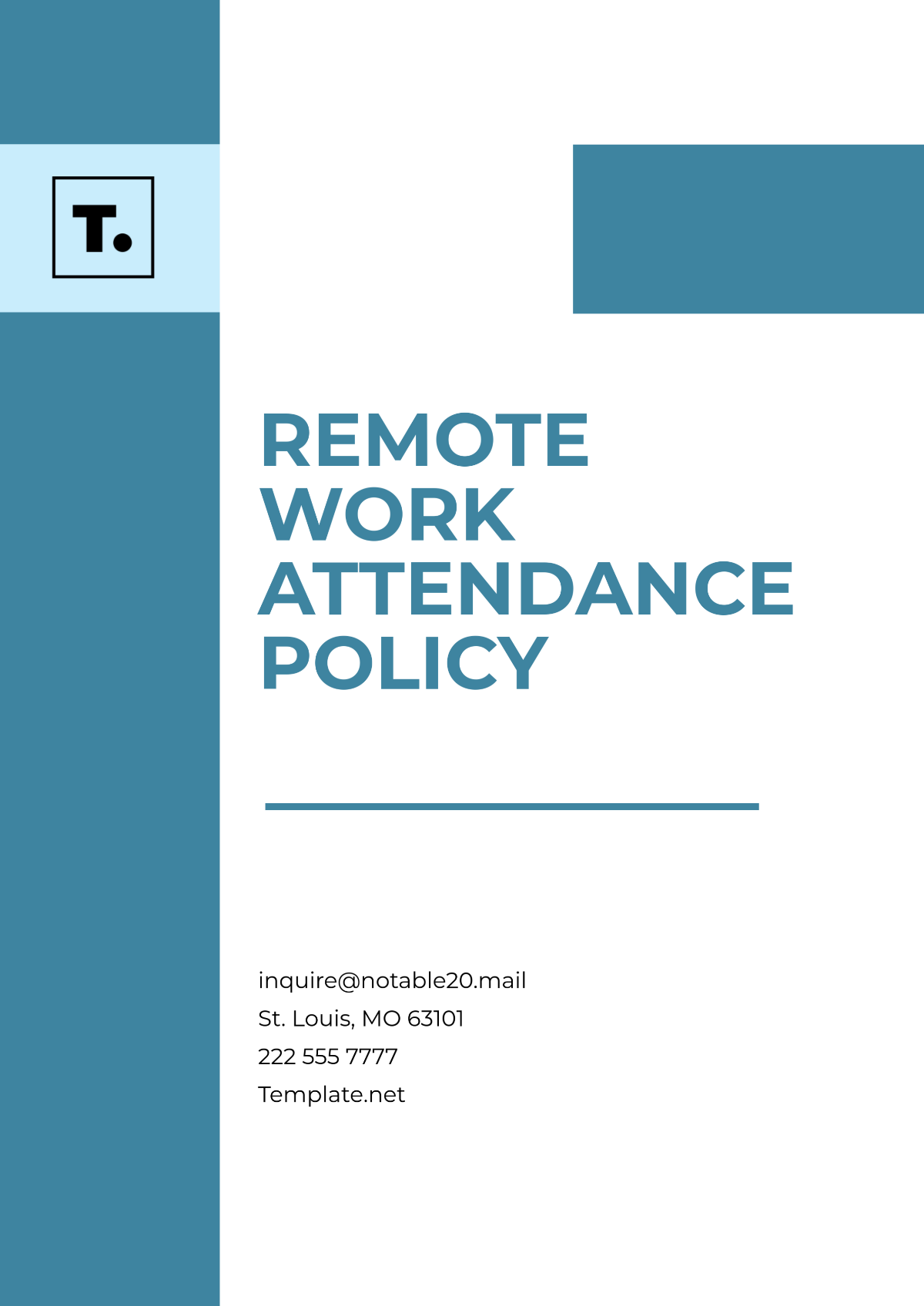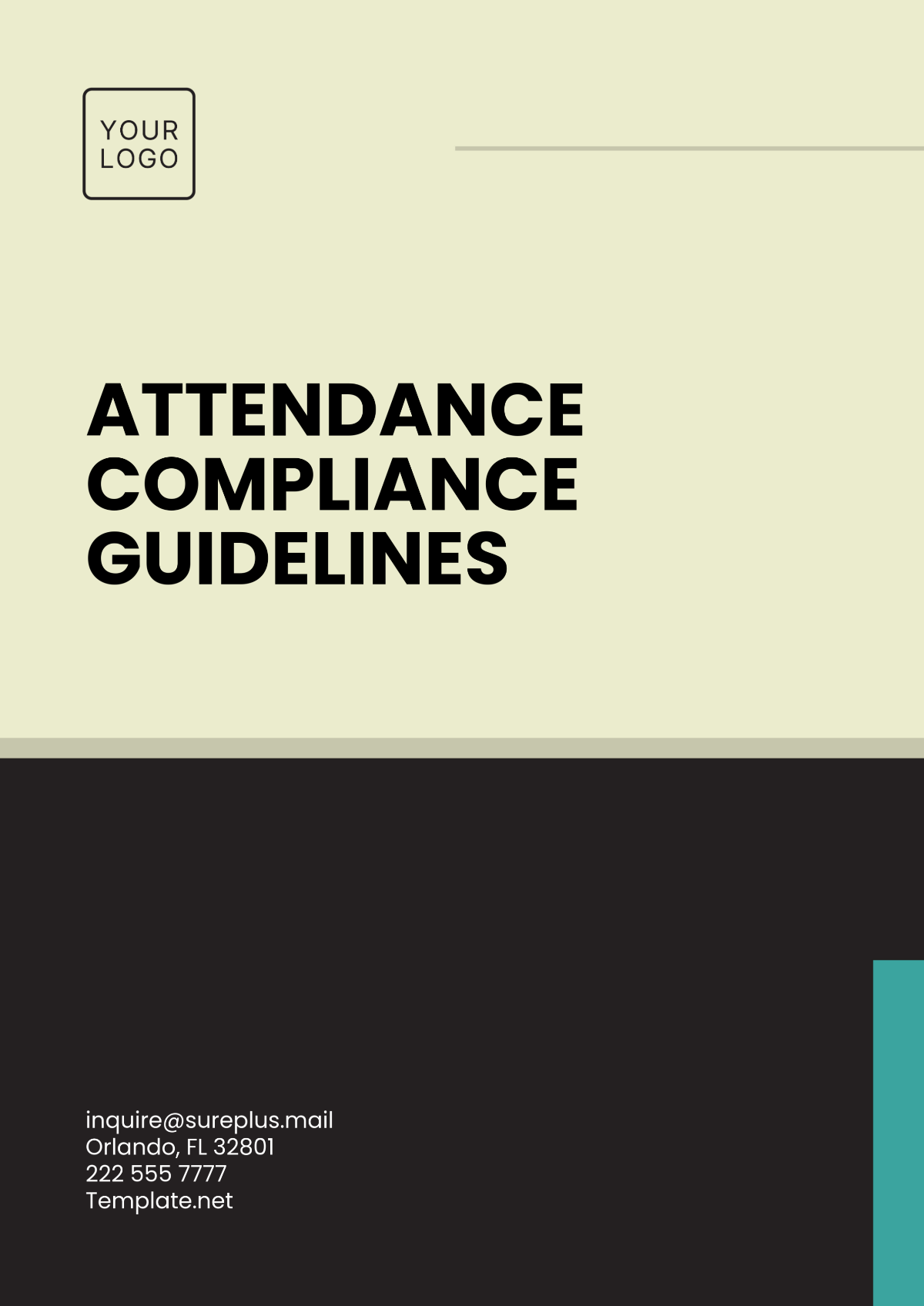Anti-Bribery and Corruption Policy
Introduction
1.1. Purpose
This Anti-Bribery and Corruption Policy ("the Policy") outlines [Your Company Name]'s commitment to maintaining the highest ethical standards in all business operations. The purpose of this Policy is to prevent and combat bribery and corruption in all forms within our organization and its affiliates.
1.2. Scope
This Policy applies to all employees, contractors, agents, and business partners of [Your Company Name]. It covers all business activities conducted on behalf of [Your Company Name], whether within our home country or internationally.
1.3. Definitions
Bribery: The offering, giving, receiving, or solicitation of any item of value to influence the actions of an official or other person in charge of a public or legal duty.
Corruption: The misuse of entrusted power for private gain, including but not limited to bribery, extortion, fraud, and embezzlement.
Extortion: The act of obtaining something, such as money or property, through force, threats, or intimidation.
Embezzlement: The fraudulent appropriation of property or funds entrusted to an individual's care, typically by an employee or official.
Policy Statement
2.1. Commitment to Ethical Conduct
At [Your Company Name], we are dedicated to conducting our business with integrity and in compliance with all applicable laws and regulations. We firmly reject bribery and corruption in any form, and we expect the same commitment from all employees and stakeholders.
2.2. Legal Compliance
We are committed to complying with all anti-bribery and corruption laws and regulations, including but not limited to the relevant national/international laws, which may apply to our operations. These laws and regulations may include:
Foreign Corrupt Practices Act (FCPA)
Dodd-Frank Wall Street Reform and Consumer Protection Act
The United Nations Convention Against Corruption (UNCAC)
The Organization for Economic Co-operation and Development (OECD) Anti-Bribery Convention
Prohibited Activities
3.1. Bribery and Corruption
[Your Company Name] strictly prohibits any form of bribery or corruption, including offering, giving, receiving, or soliciting bribes, kickbacks, or any other improper advantages.
3.2. Facilitation Payments
Facilitation payments, often referred to as "grease payments," are also strictly prohibited under this Policy. Employees must not make or accept such payments to expedite routine governmental actions.
3.3. Gifts, Entertainment, and Hospitality
To maintain transparency and avoid conflicts of interest, all gifts, entertainment, and hospitality provided or received must adhere to our Gift and Hospitality Policy.
Reporting Procedures
4.1. Reporting Suspected Violations
Reporting Process
If you have reason to believe that a violation of this Anti-Bribery and Corruption Policy has occurred or is likely to occur, it is your duty to report it promptly. Reporting can be done through one of the following channels:
Direct Reporting: You are encouraged to report suspected violations to your immediate supervisor, manager, or department head. If you believe it would be inappropriate or ineffective to report to your supervisor, you may escalate your concern to a higher-level manager.
Anonymous Reporting: We recognize the importance of whistleblower protection. If you wish to remain anonymous, you can use our confidential reporting hotline or online portal, an independent third-party reporting service. Details on how to access this service can be found on our company intranet or website.
Protection Against Retaliation
[Your Company Name] is committed to safeguarding employees who report suspected violations in good faith. We strictly prohibit retaliation against any individual who makes a good-faith report. Any retaliation is subject to disciplinary action, up to and including termination of employment.
4.2. Whistleblower Protection
Confidentiality
We recognize the sensitivity of whistleblower reports and treat them with the utmost confidentiality. Reports will be shared only with those individuals who need to be informed to conduct investigations and take appropriate actions. We will not disclose the identity of whistleblowers unless required by law or with the whistleblower's consent.
Investigation Process
5.1. Handling Reported Incidents
Initial Assessment
Upon receiving a report of a suspected violation, [Your Company Name] will conduct an initial assessment to determine the nature and credibility of the report. This assessment may involve interviews, document reviews, and collaboration with relevant parties.
Investigation Team
An investigation team comprising experienced and impartial individuals will be assembled to conduct a thorough and fair investigation. The team may include members from the Compliance, Legal, and Human Resources departments, as well as external experts if necessary.
5.2. Confidentiality
All aspects of the investigation will be conducted discreetly and confidentially. Information gathered during the investigation will be shared only with those who have a legitimate need to know for the purpose of the investigation. Employees involved in the investigation are required to maintain strict confidentiality.
Consequences of Non-Compliance
6.1. Disciplinary Actions
Enforcement of Policy
[Your Company Name] takes non-compliance with this Anti-Bribery and Corruption Policy seriously. Violations of this policy may result in disciplinary actions, including but not limited to:
Verbal or written warnings
Suspension or loss of job responsibilities
Termination of employment
Severity of Actions
The severity of disciplinary actions will depend on the nature and severity of the violation, the individual's role within the organization, and any prior history of compliance violations.
6.2. Legal Consequences
Legal Accountability
Failure to comply with anti-bribery and corruption laws can result in legal actions against both individuals and [Your Company Name]. Legal consequences may include fines, imprisonment, damage to our reputation, and exclusion from government contracts.
It is essential for all employees and stakeholders to understand the potential legal ramifications of non-compliance and to take this policy seriously.
Training and Awareness
7.1. Employee Training
Training Programs
[Your Company Name] is committed to ensuring that all employees receive adequate training on this Anti-Bribery and Corruption Policy and related procedures. Training programs will be conducted regularly and tailored to employees' roles and responsibilities.
Content of Training
Training will cover:
Understanding the policy and its significance.
Recognition of bribery and corruption risks.
Reporting procedures and whistleblower protection.
Ethical decision-making.
Compliance with applicable laws and regulations.
7.2. Communication and Awareness
Internal Communication
We will communicate the Anti-Bribery and Corruption Policy and updates through various channels, including:
Company-wide emails and memos.
Intranet announcements.
Training sessions and workshops.
Posters and printed materials in common areas.
External Communication
[Your Company Name] will also communicate our commitment to ethical conduct and anti-bribery and corruption measures to clients, suppliers, and business partners through our website, contracts, and business correspondence.
Monitoring and Review
8.1. Compliance Monitoring
Ongoing Oversight
To ensure compliance with this policy, we will establish a compliance monitoring program. This program will include periodic audits, risk assessments, and internal reviews conducted by our Compliance Department.
Reporting
Any suspected violations or compliance issues identified during these monitoring activities will be reported to the appropriate authorities and addressed promptly.
8.2. Periodic Policy Review
Review Cycle
This Anti-Bribery and Corruption Policy will undergo periodic reviews to ensure its effectiveness and relevance. Reviews will occur at least annually or as needed due to changes in laws, regulations, or our business operations.
Revision Process
The review process will involve input from legal experts, compliance officers, and senior management. [Your Company Name] is committed to making necessary updates to the policy to address emerging risks and legal developments.
Management Responsibilities
9.1. Senior Management Commitment
Leadership Example
The leadership team at [Your Company Name], including the CEO and senior executives, is fully committed to setting a strong example of ethical conduct. They are responsible for:
Communicating the importance of compliance.
Providing resources for training and awareness programs.
Supporting the enforcement of this policy.
9.2. Roles and Responsibilities
Clear Responsibilities
All managers and employees have a role to play in ensuring compliance with this policy.
Managers are responsible for:
Setting expectations for ethical behavior within their teams.
Reporting any suspected violations to the Compliance Department.
Supporting employees who raise concerns.
Employees, in turn, are responsible for:
Familiarizing themselves with the policy.
Reporting violations or concerns promptly.
Following ethical practices in their day-to-day work.
Risk Assessment
10.1. Conducting Risk Assessments
Risk Identification
[Your Company Name] will conduct regular risk assessments to identify and evaluate potential bribery and corruption risks associated with our business activities. These assessments will consider factors such as location, industry, and business relationships.
Risk Mitigation
Upon identifying risks, we will implement mitigation strategies to reduce the likelihood of violations. Mitigation measures may include enhanced due diligence on business partners, third-party audits, and strengthening internal controls.
